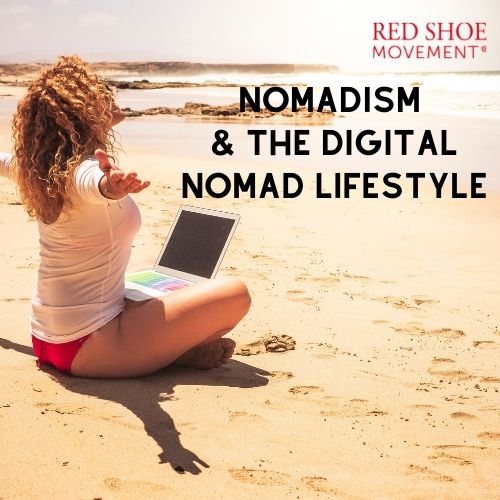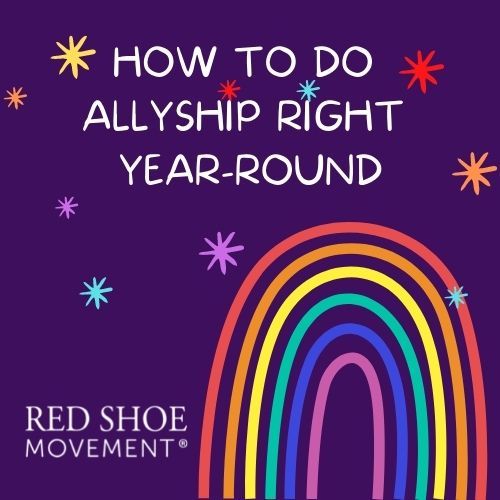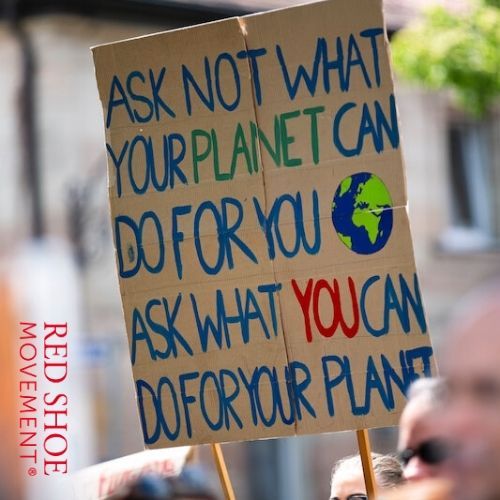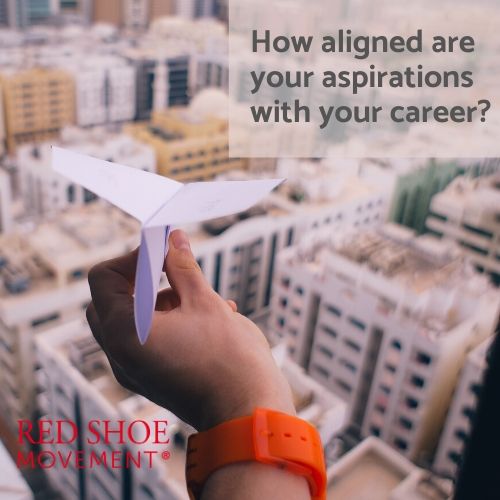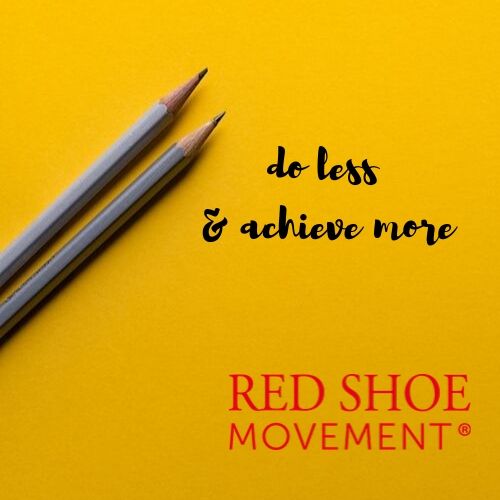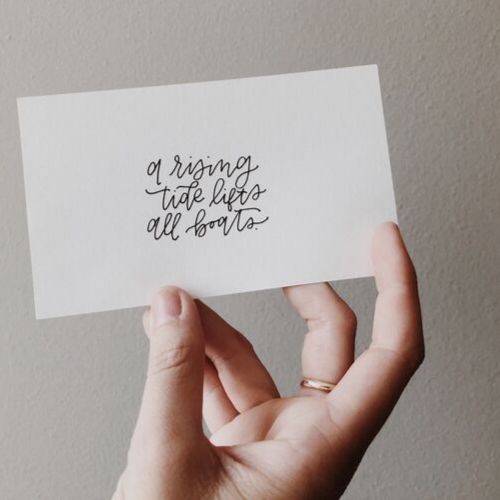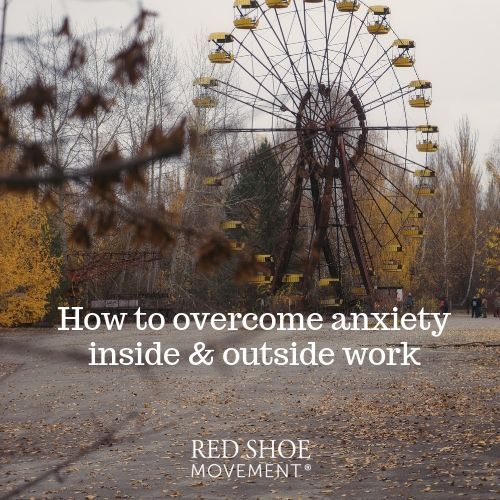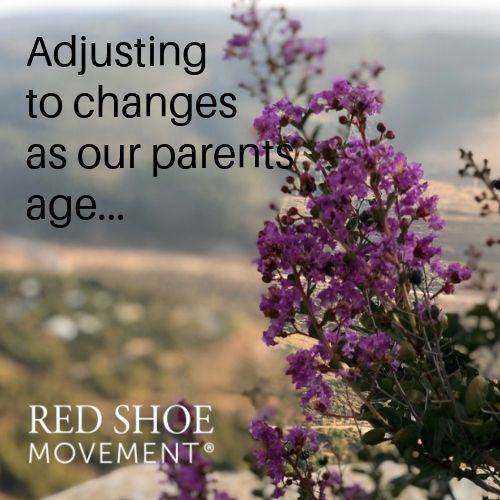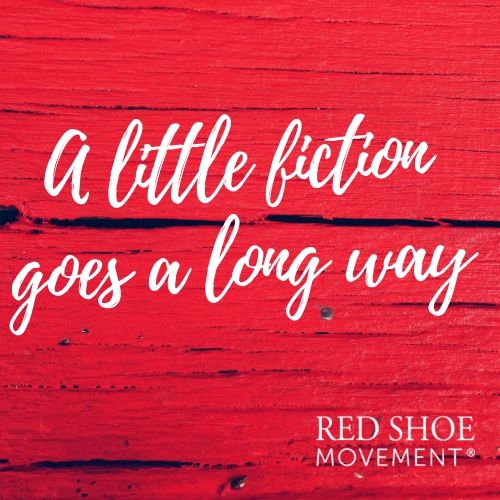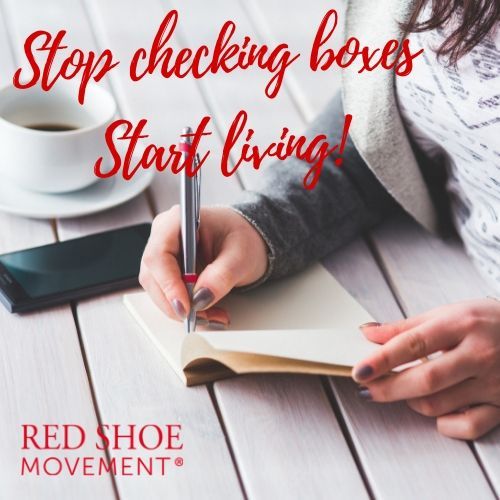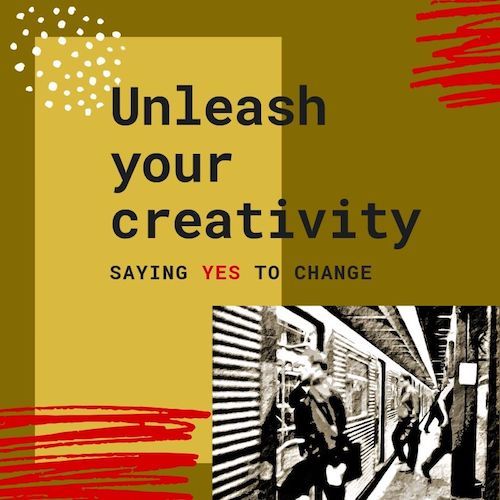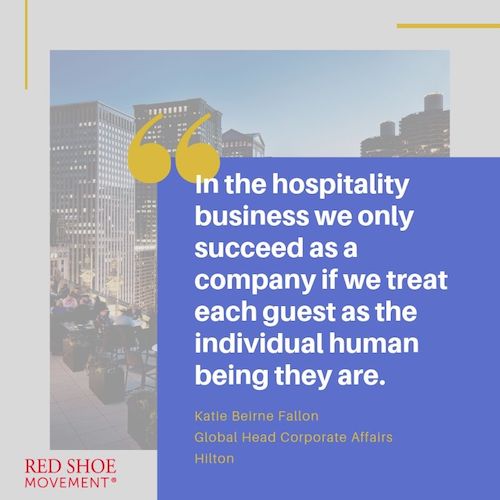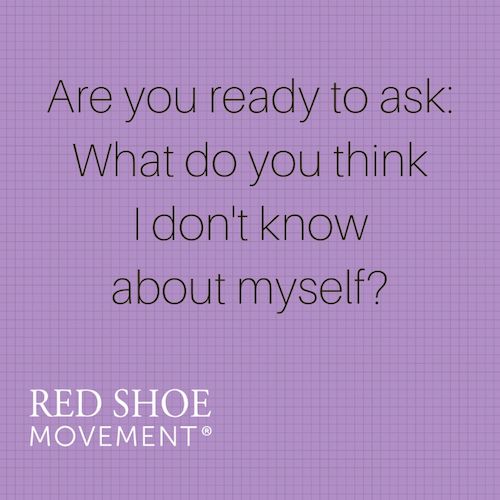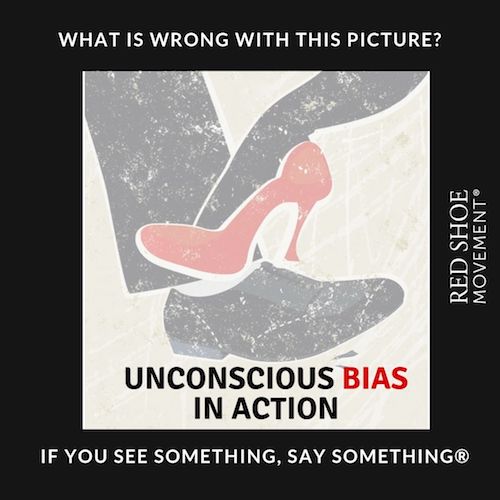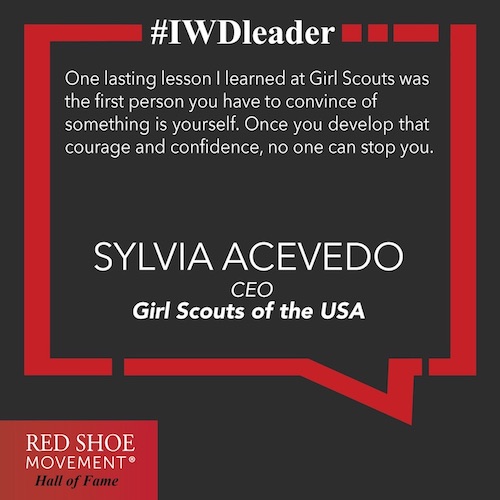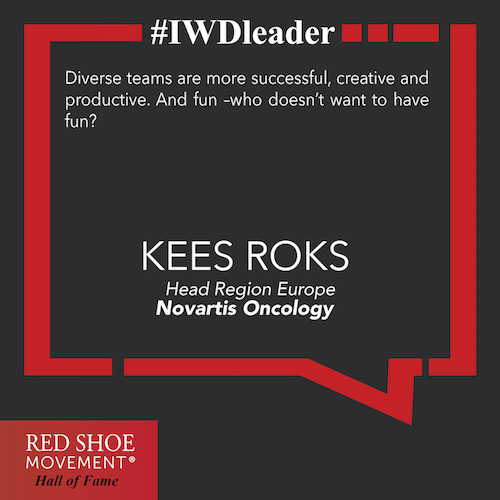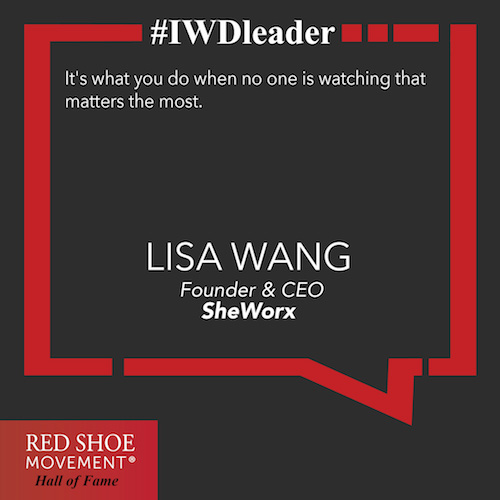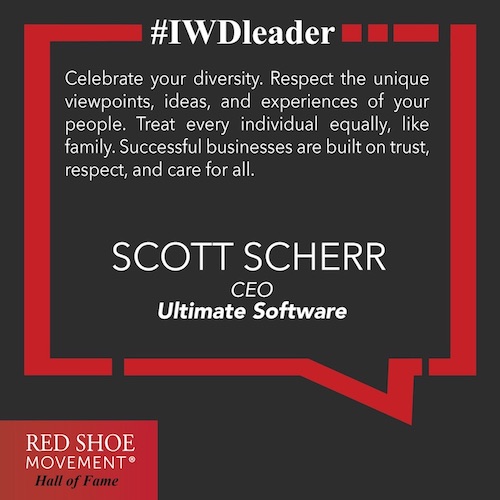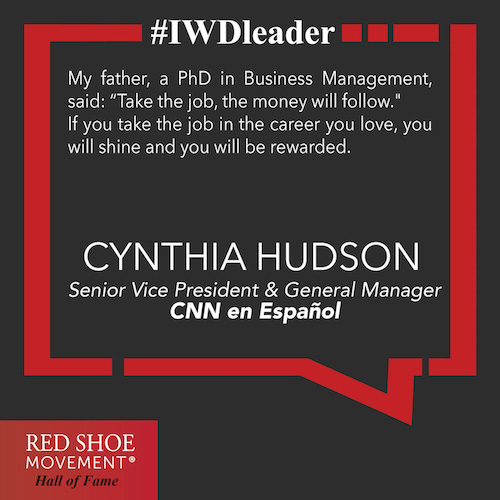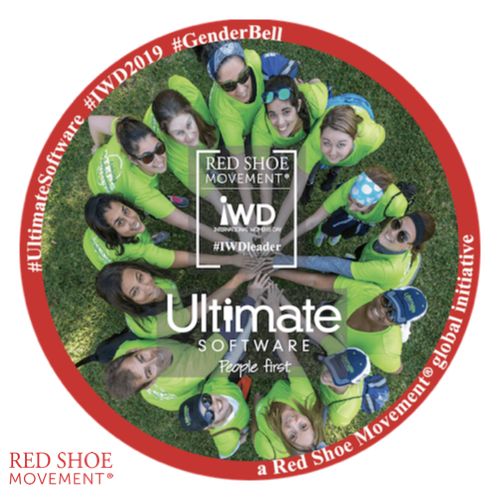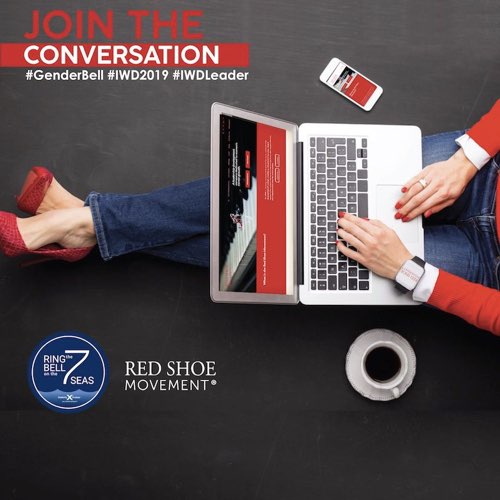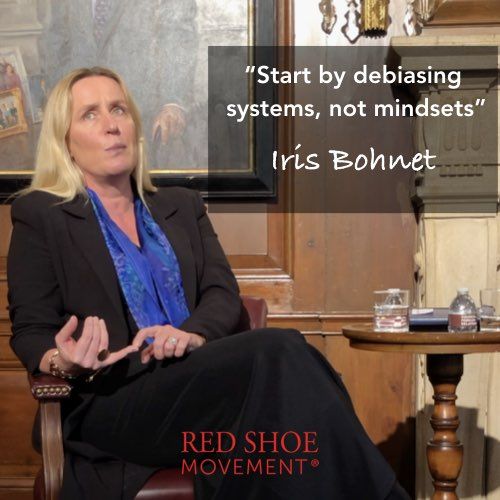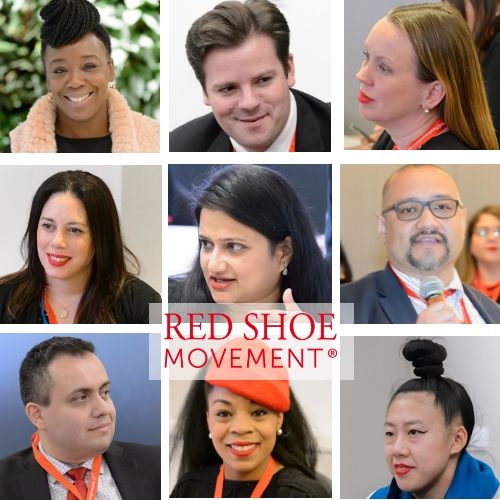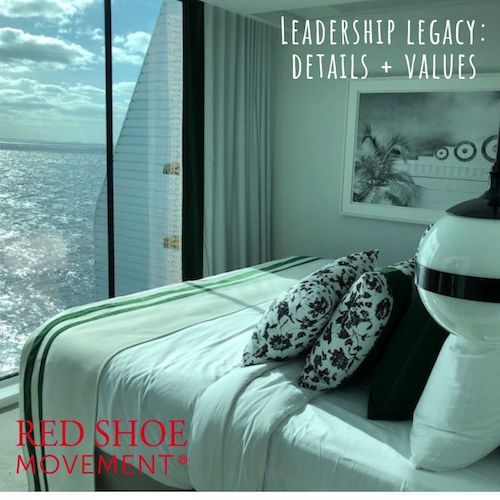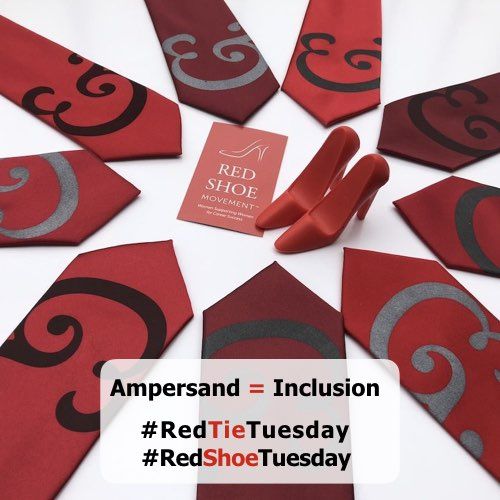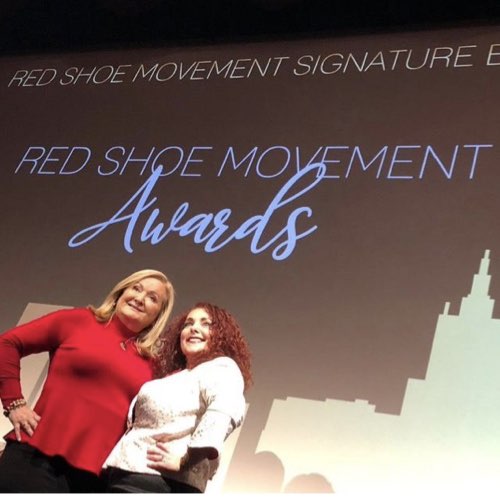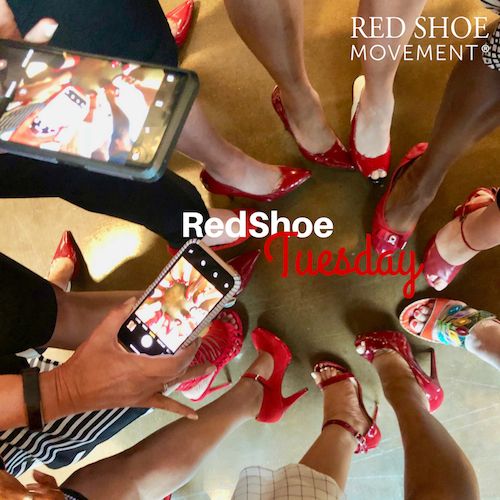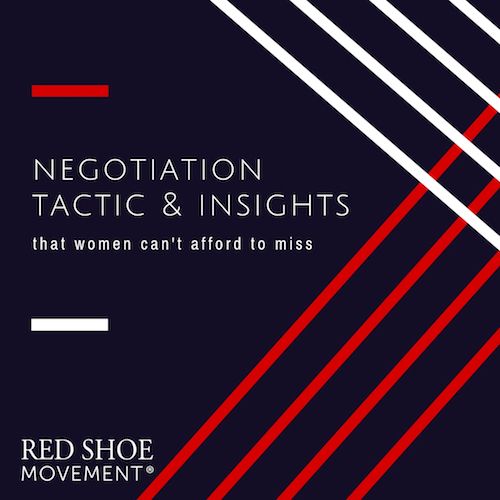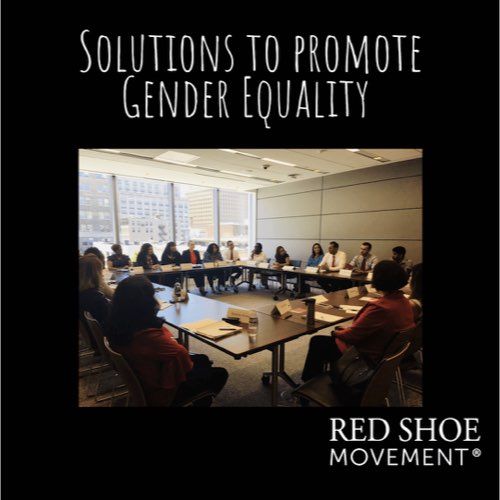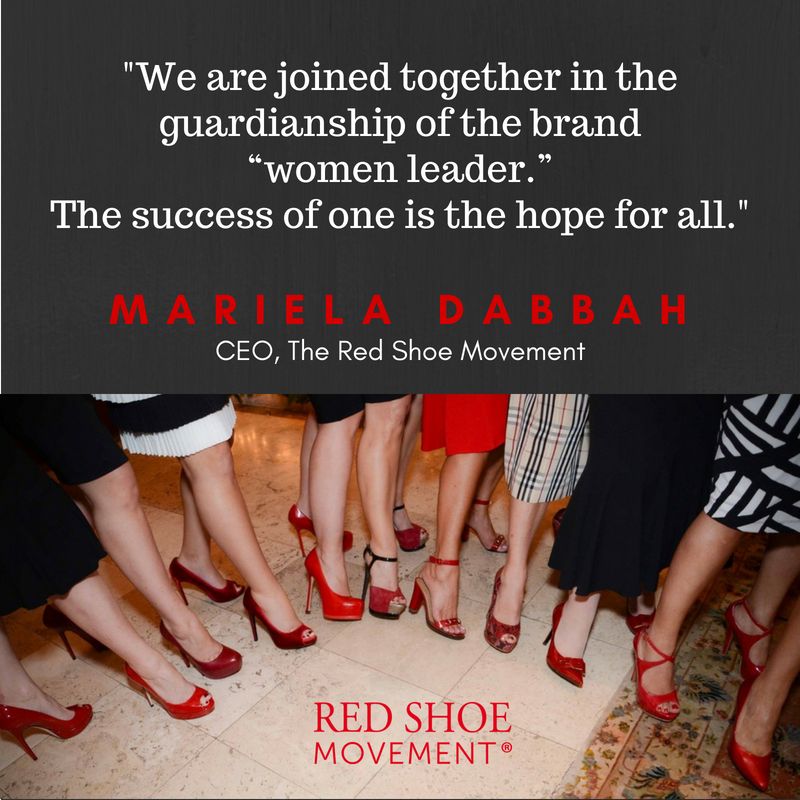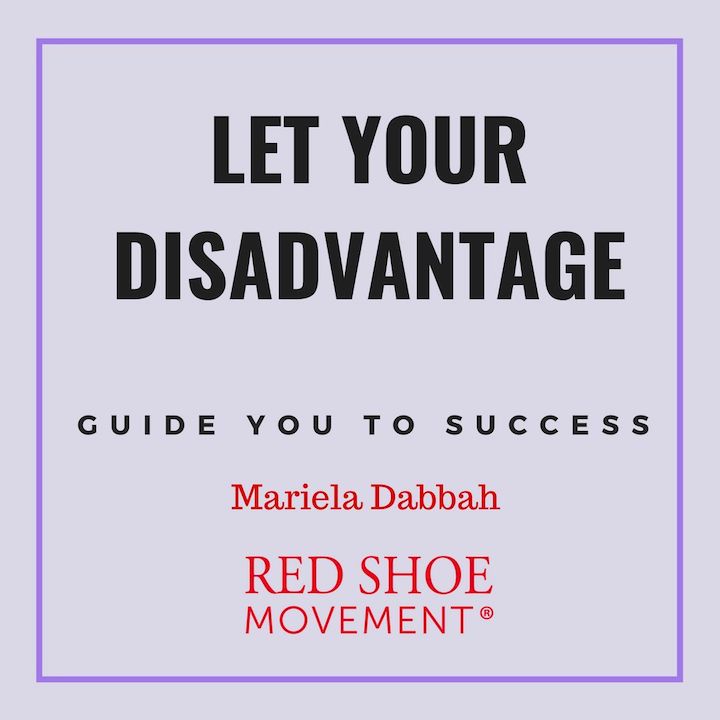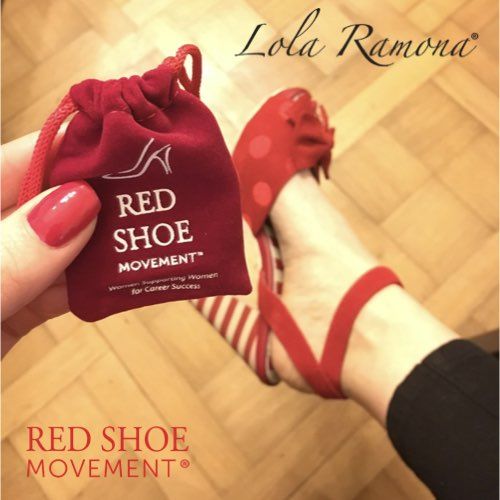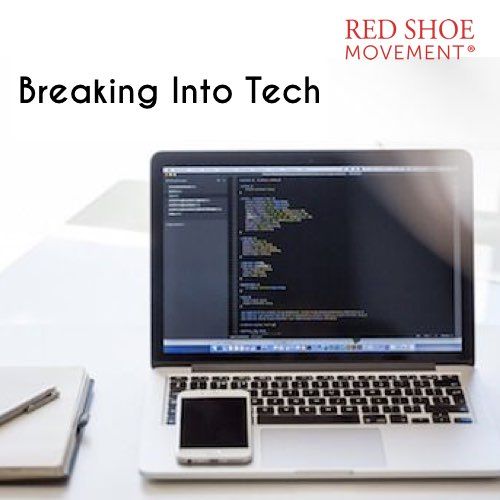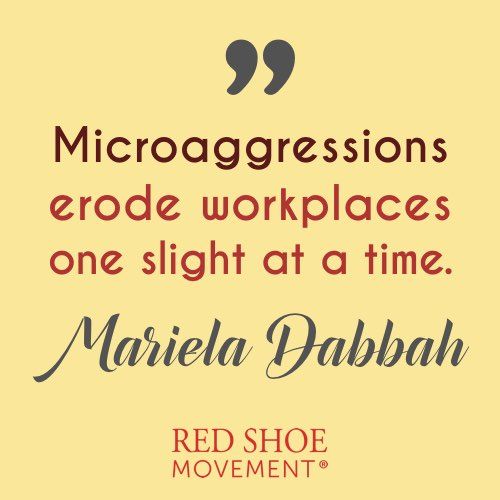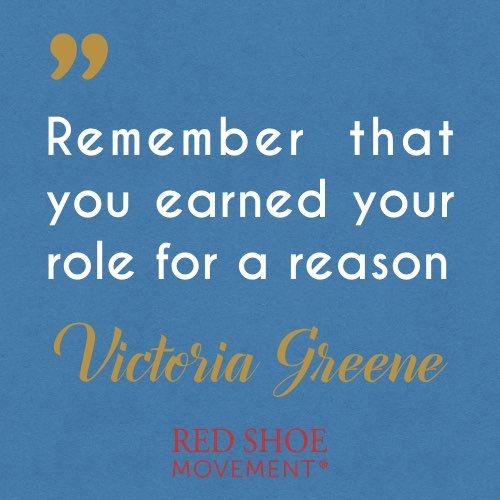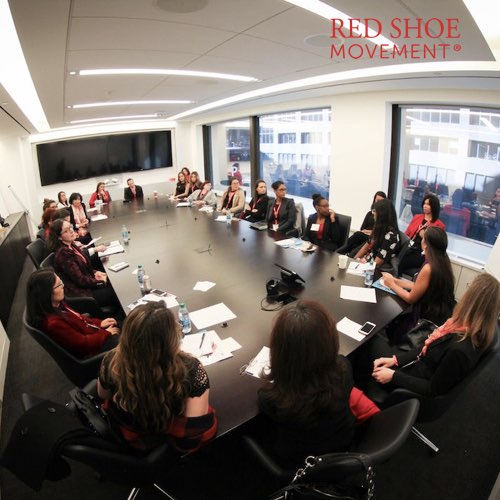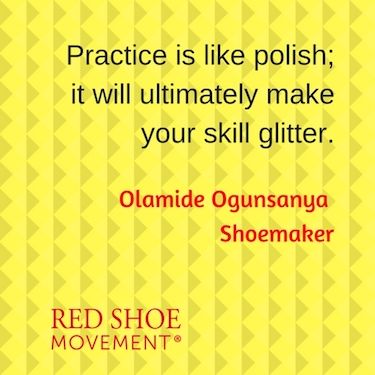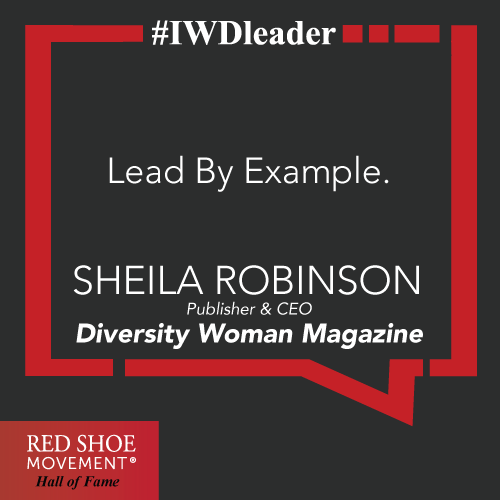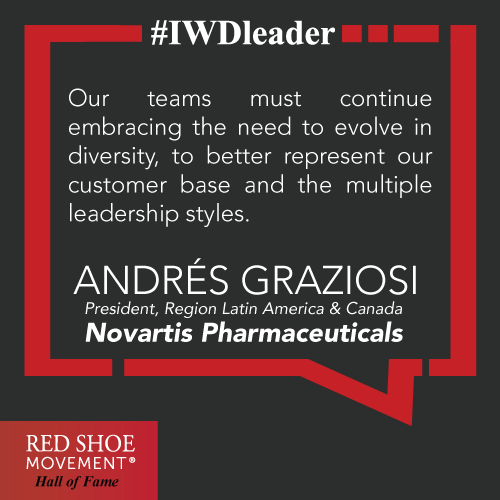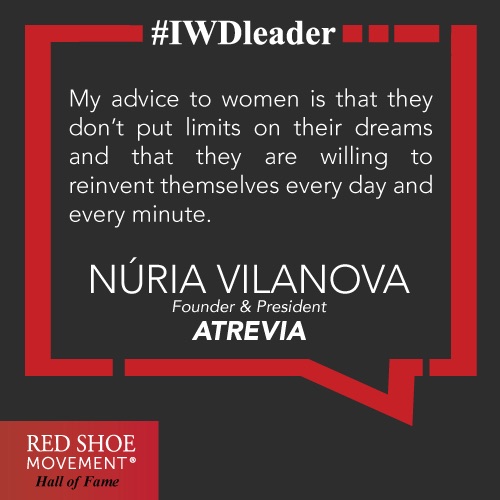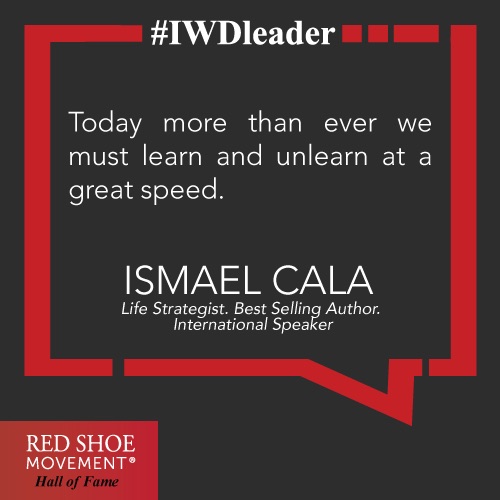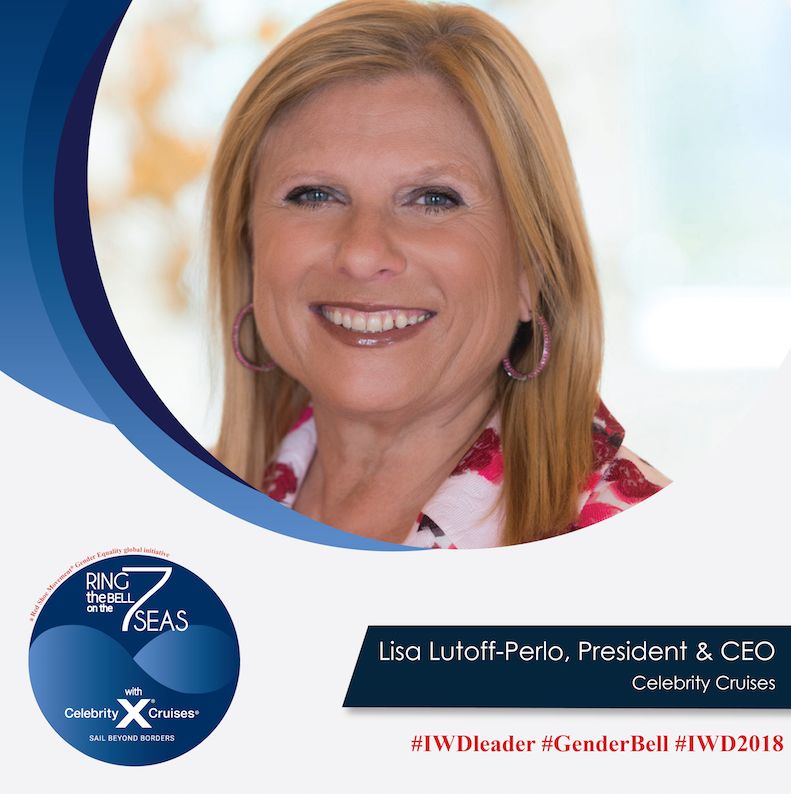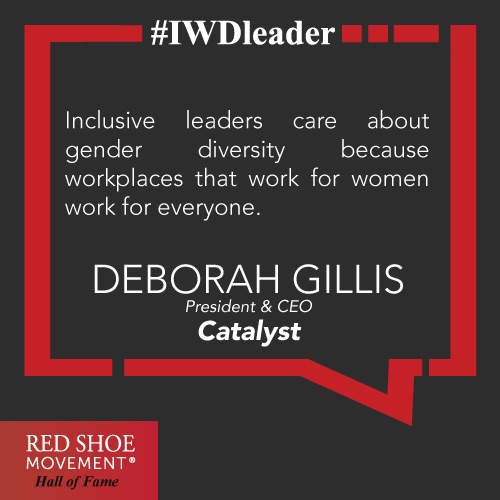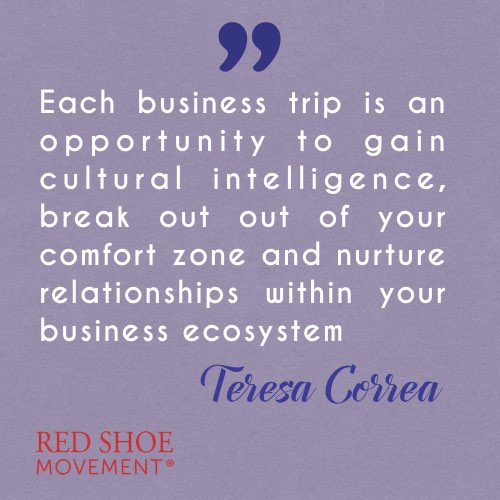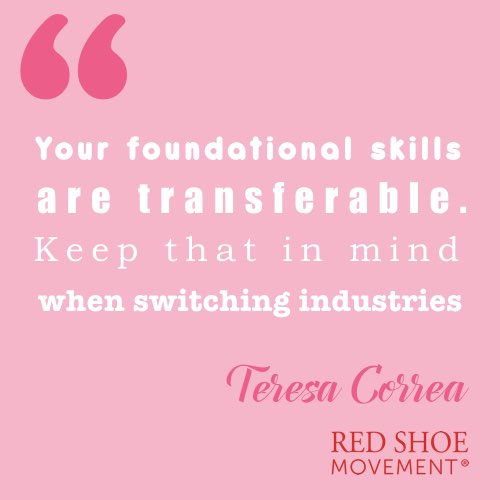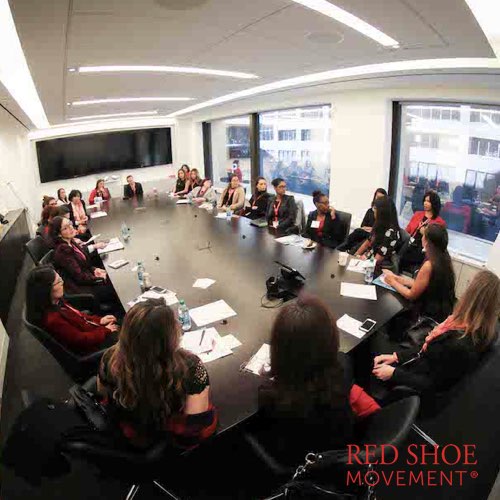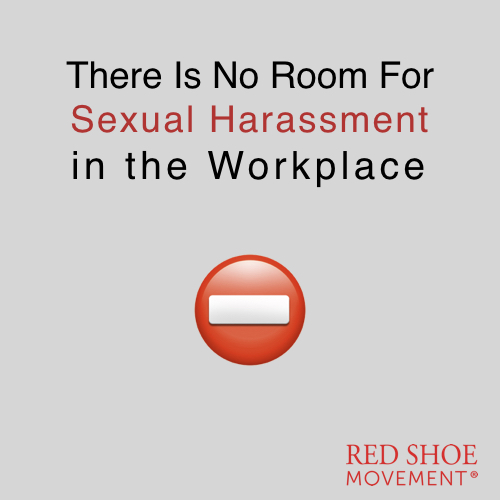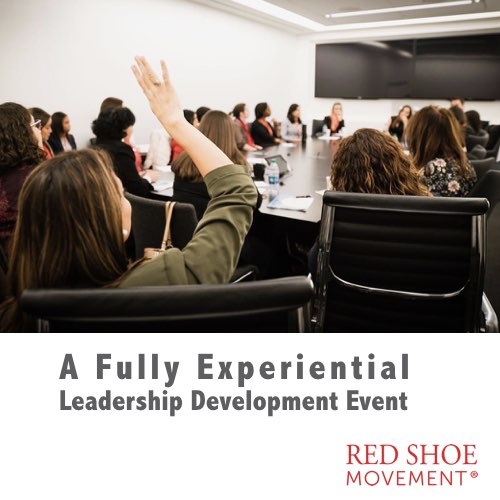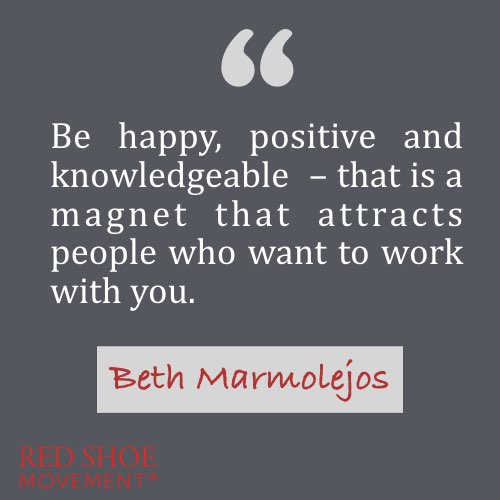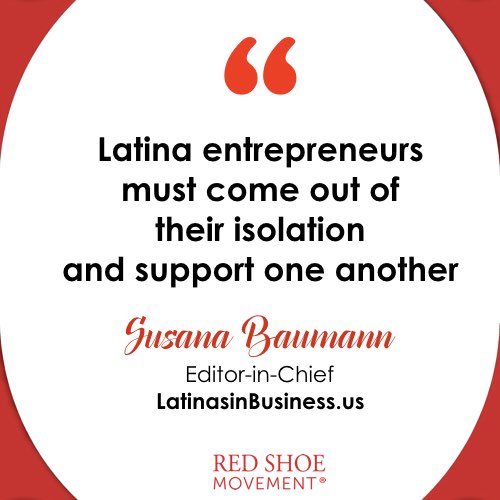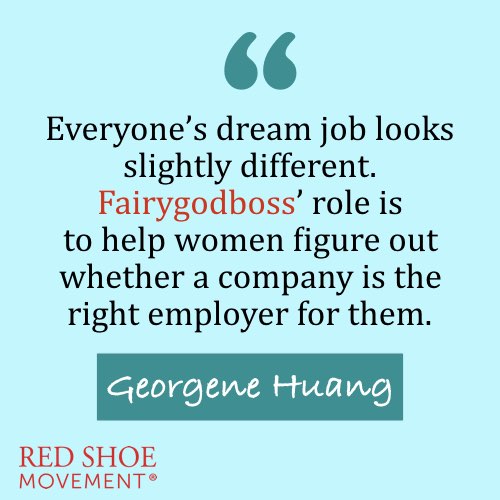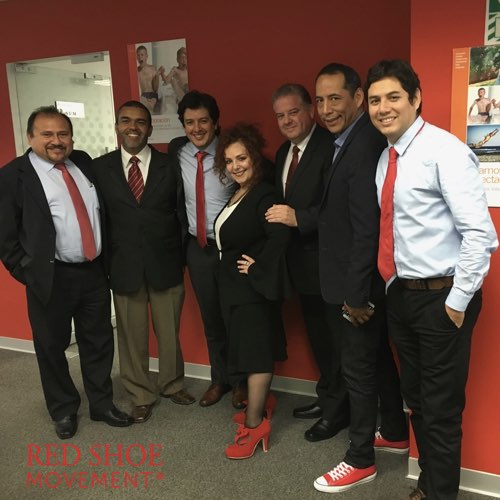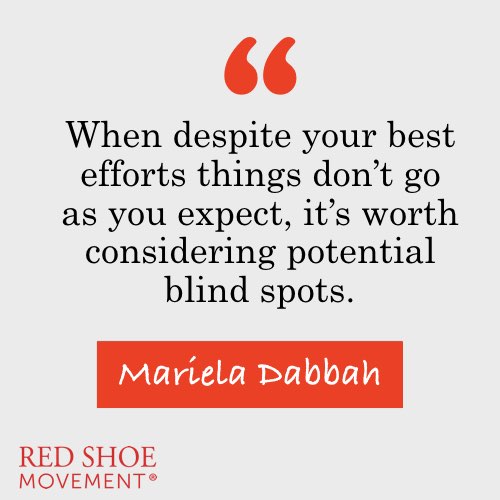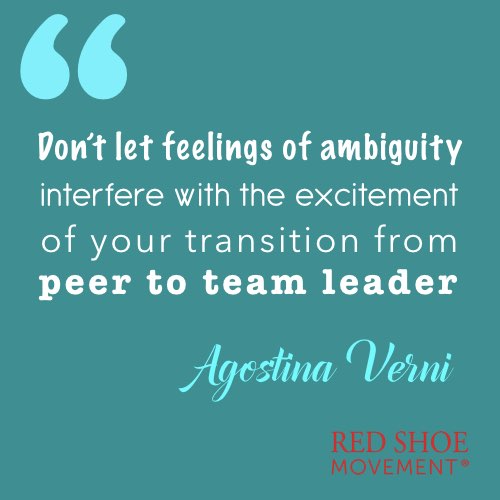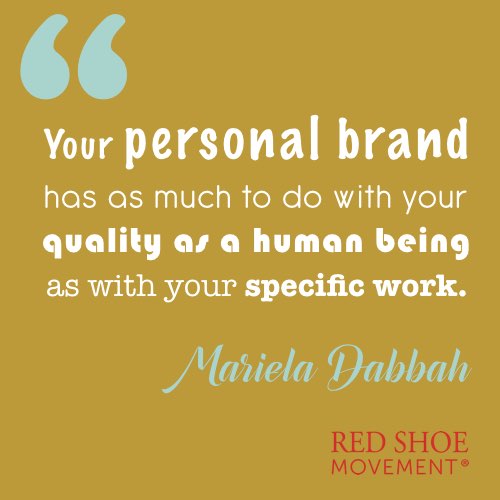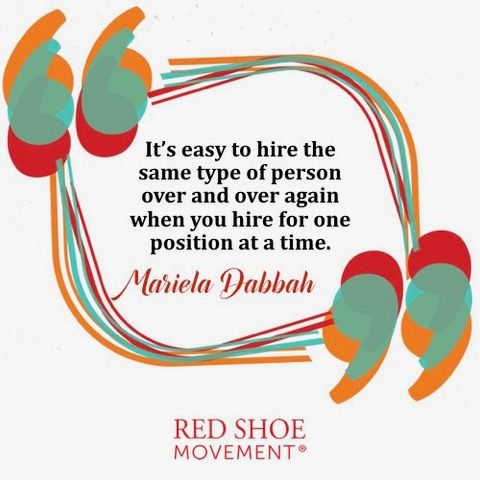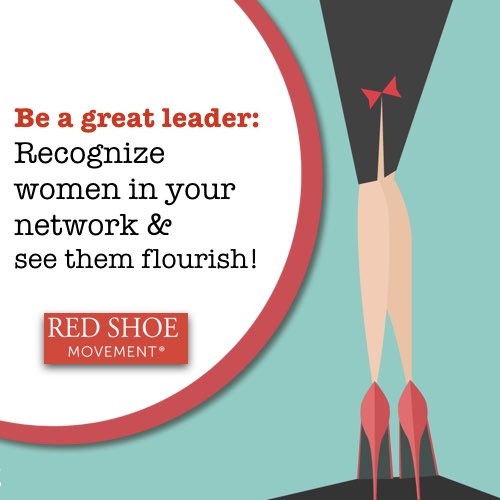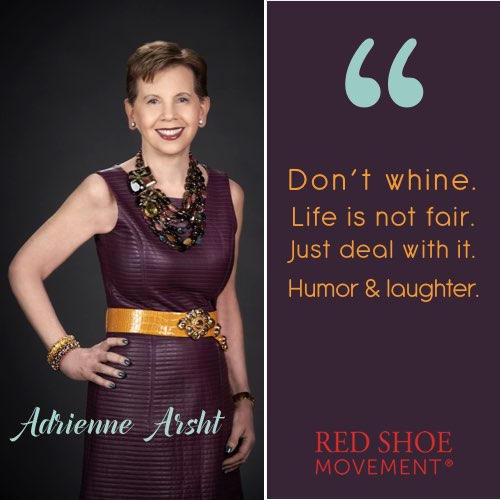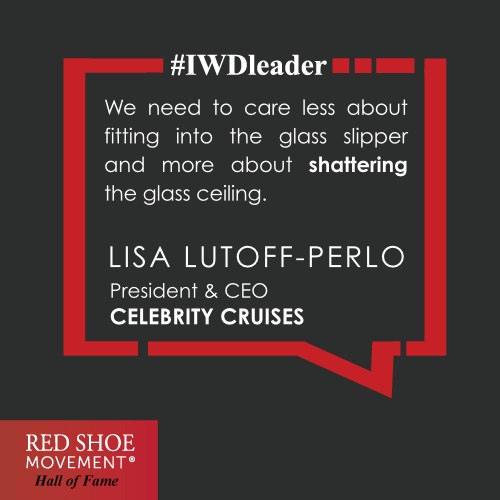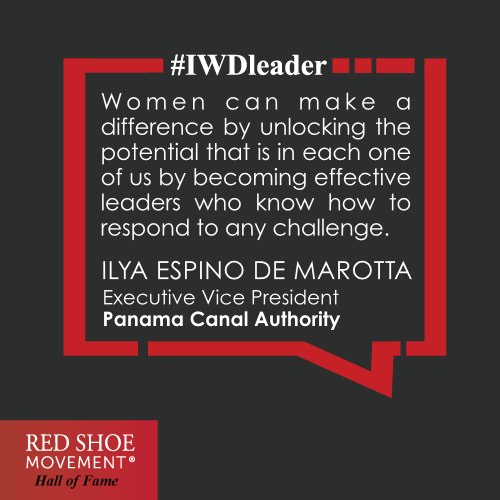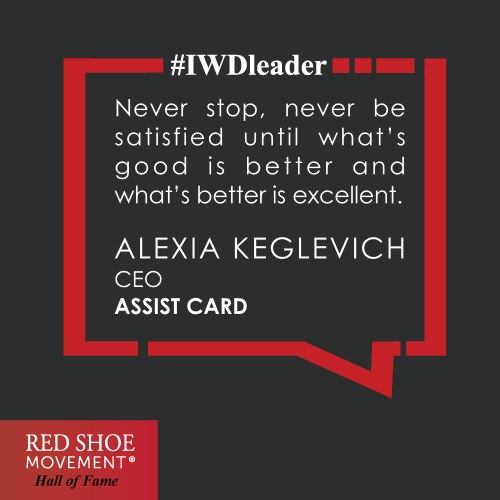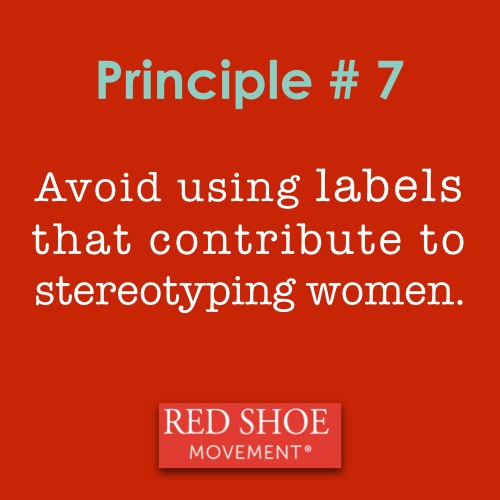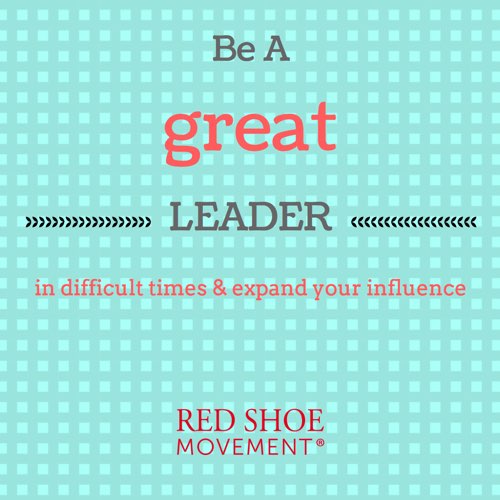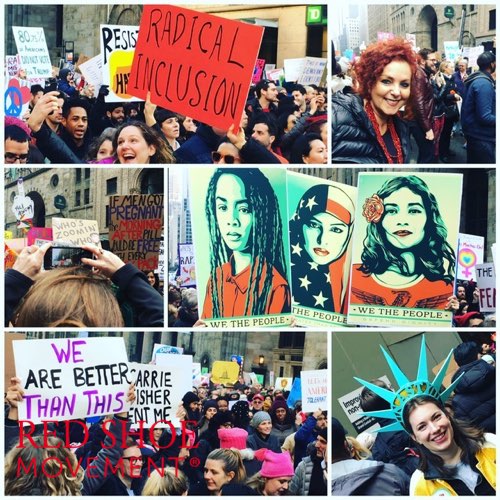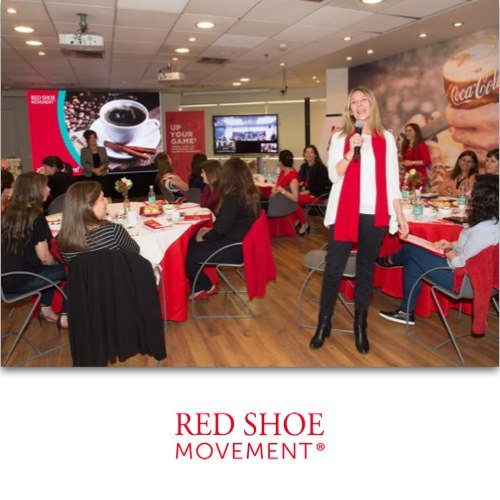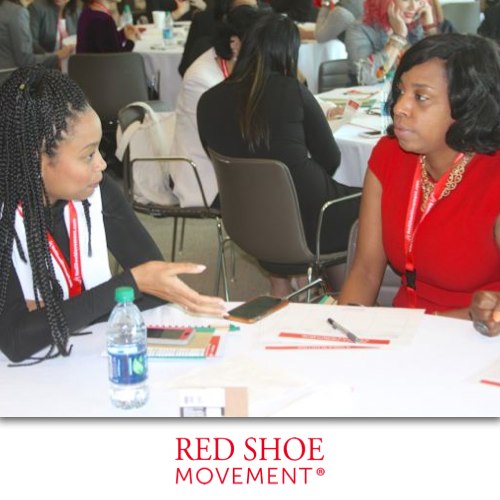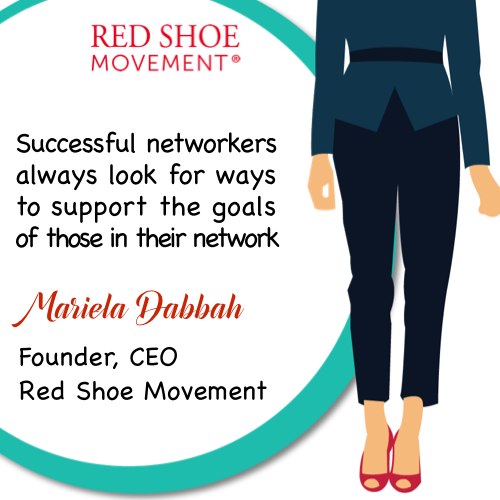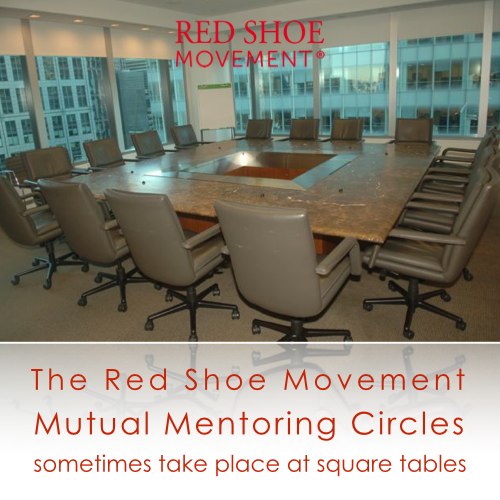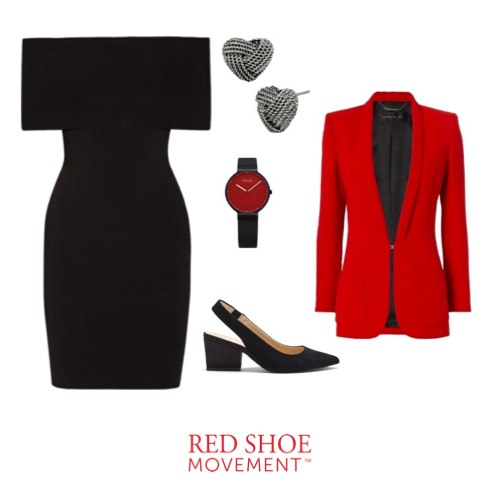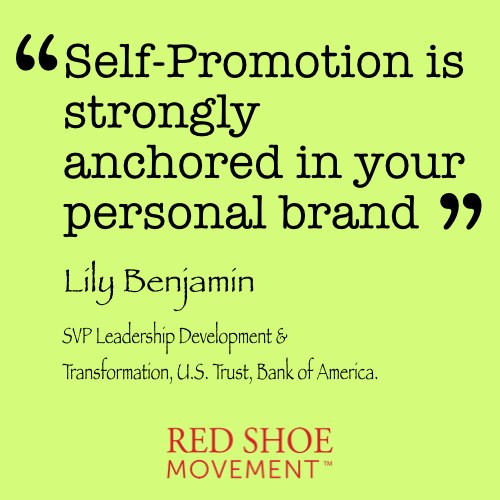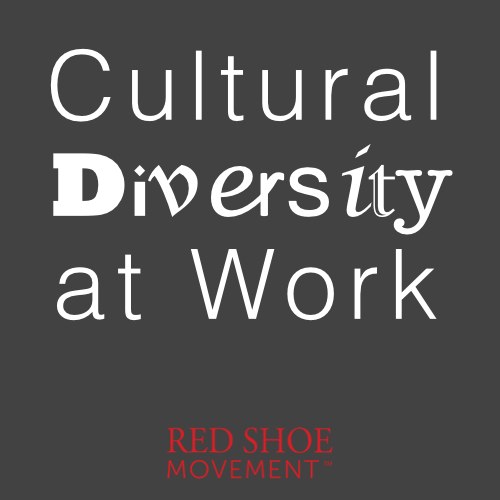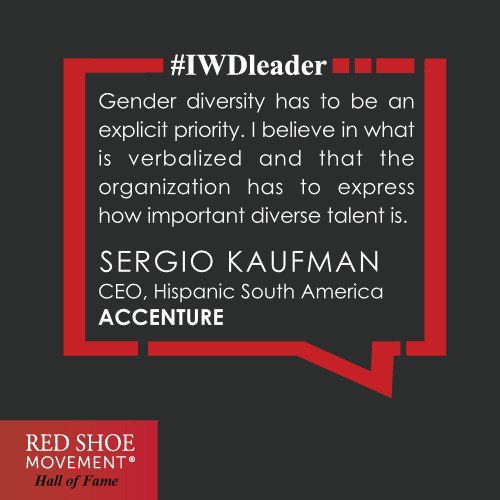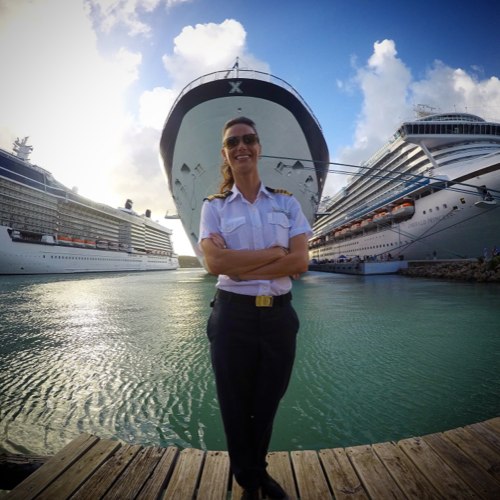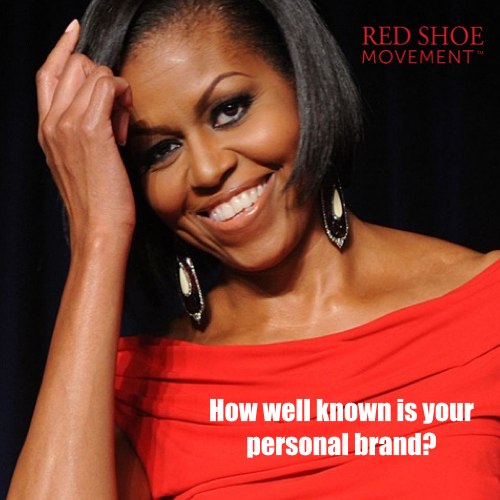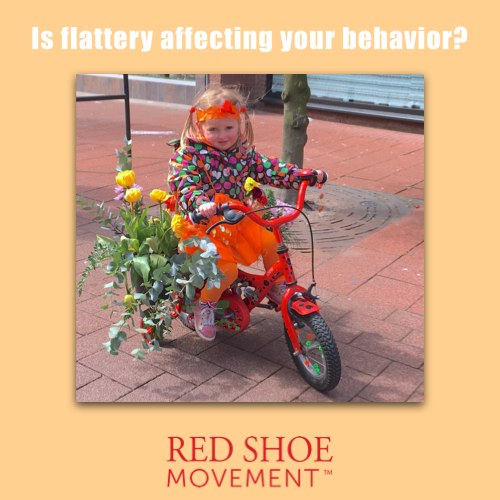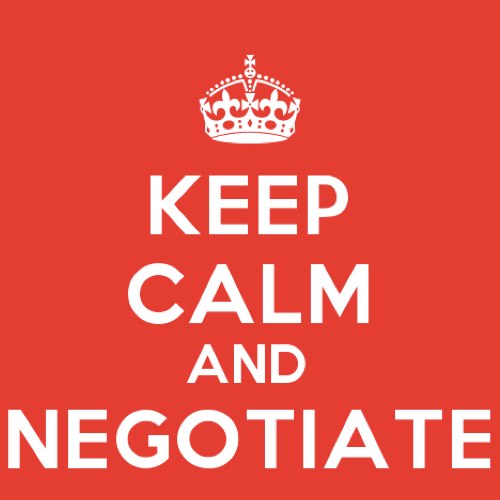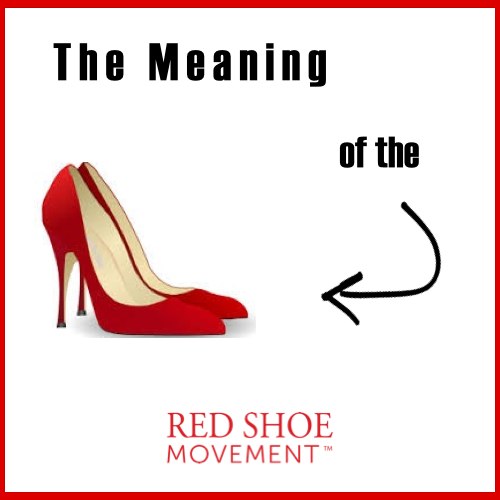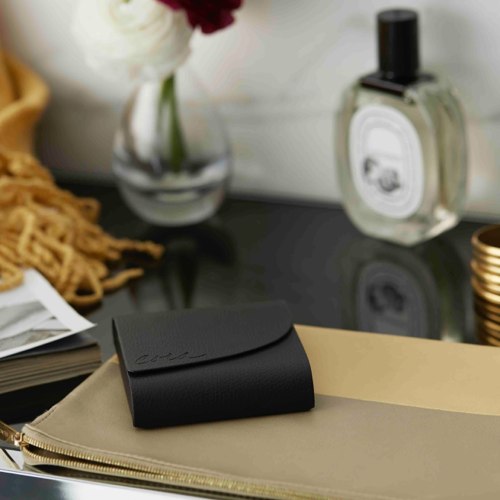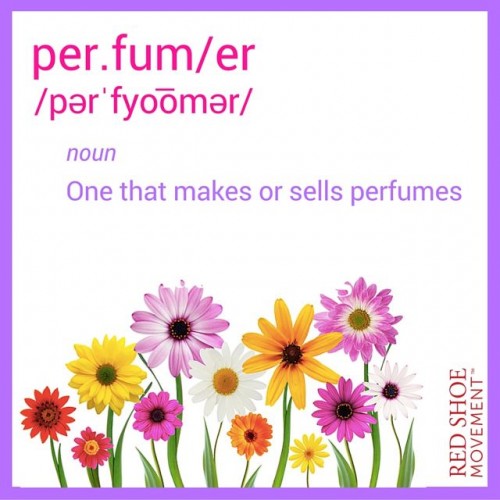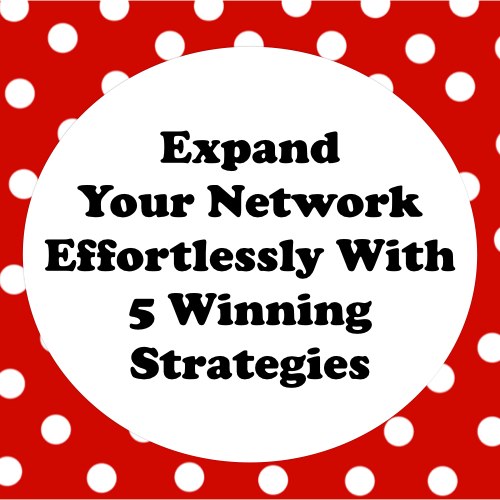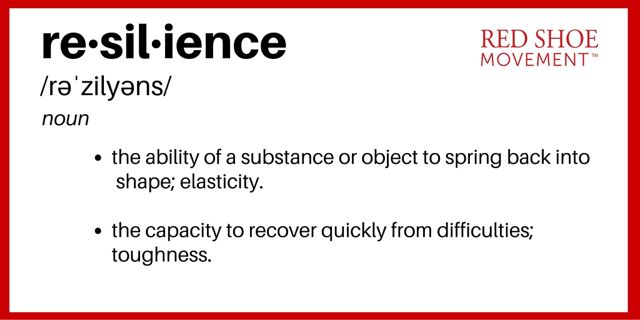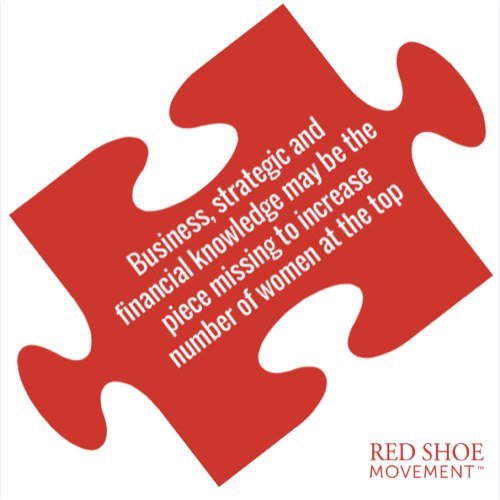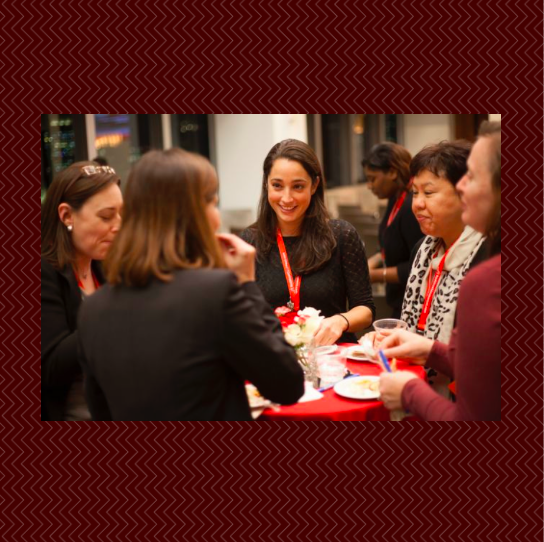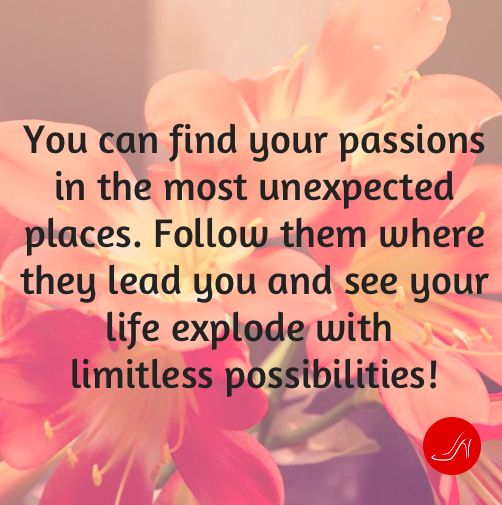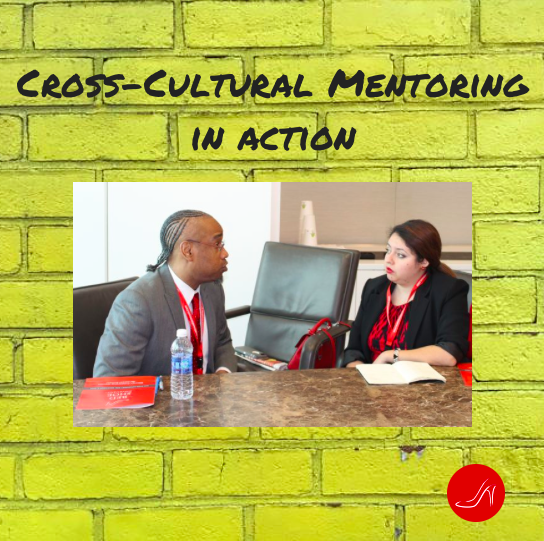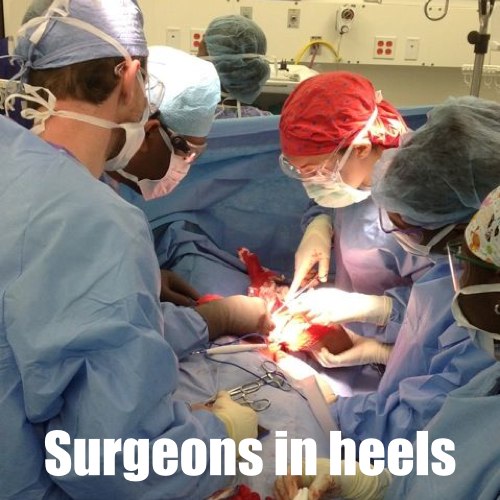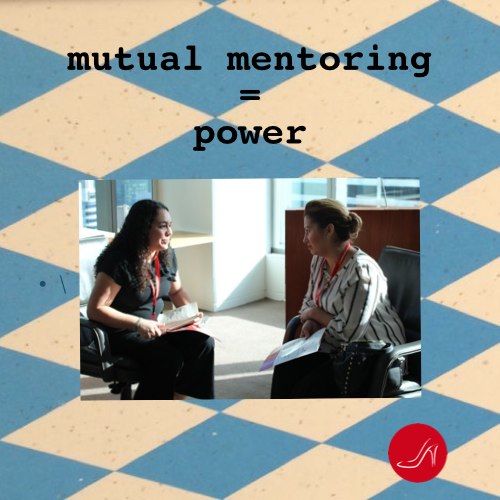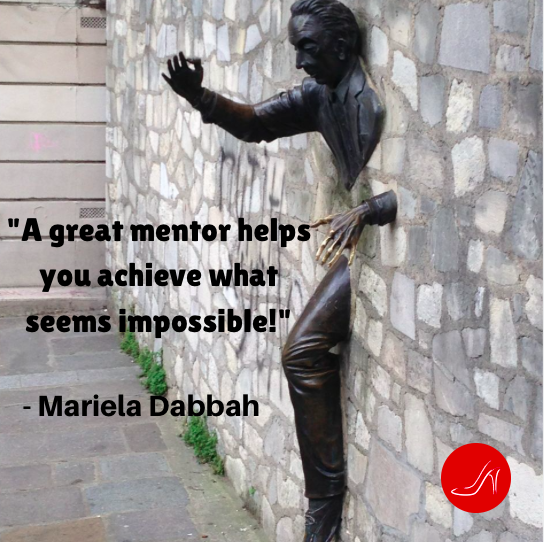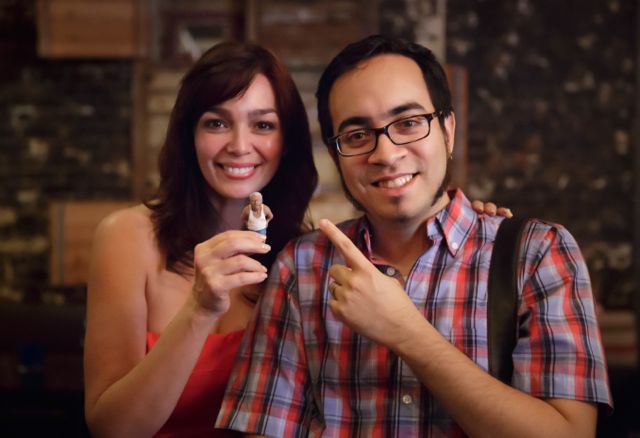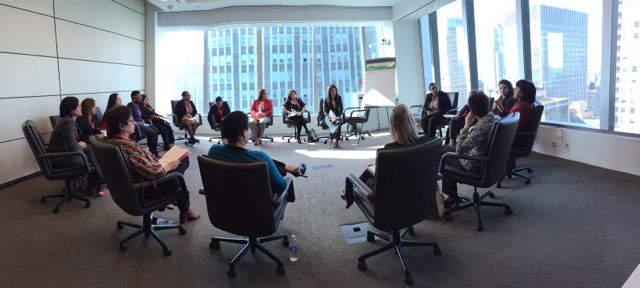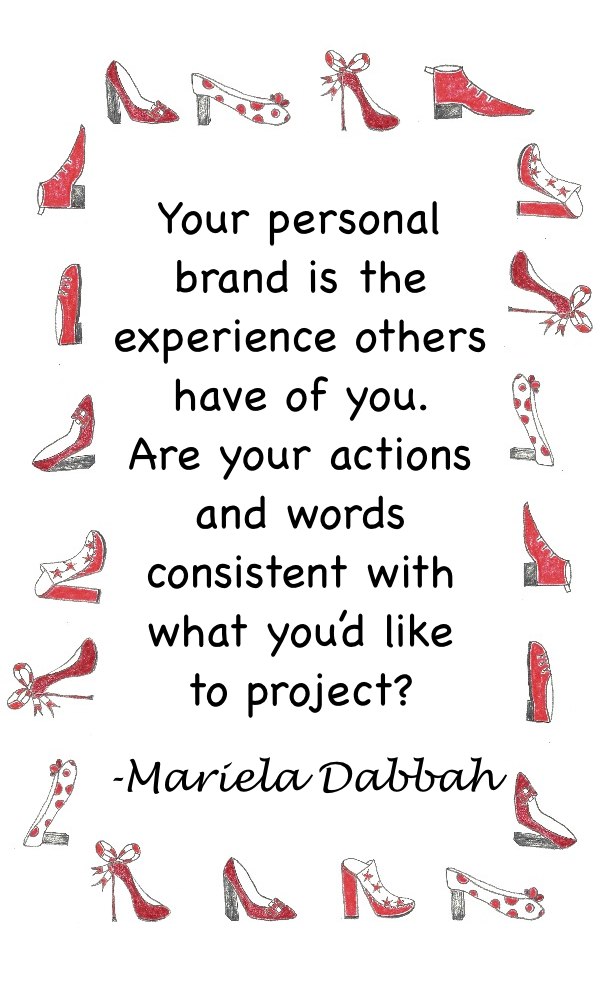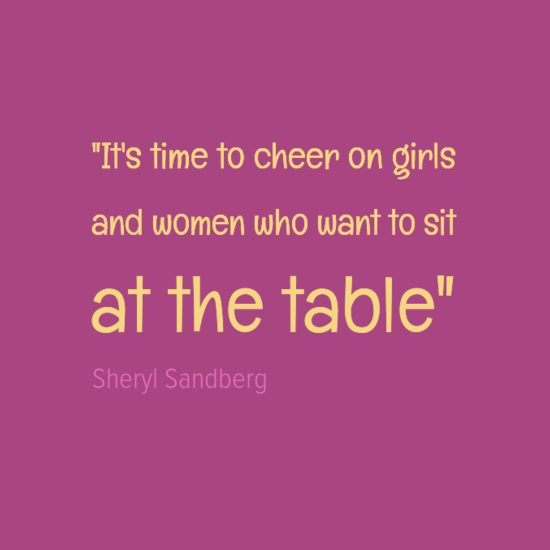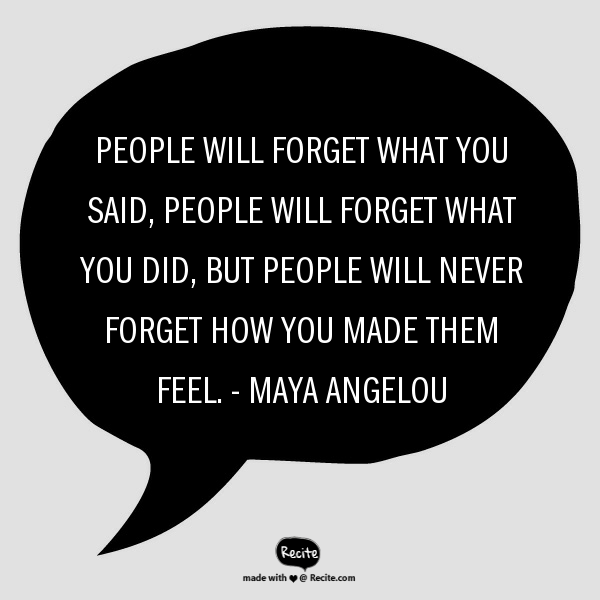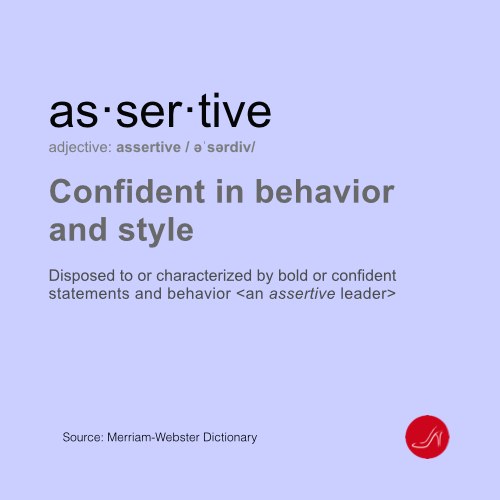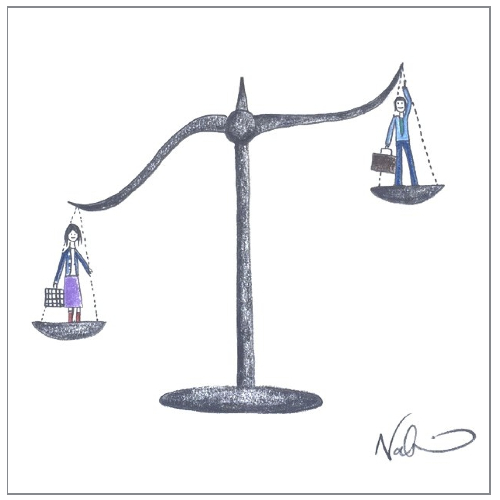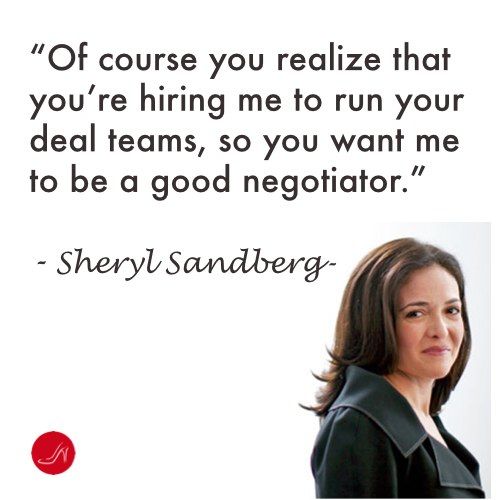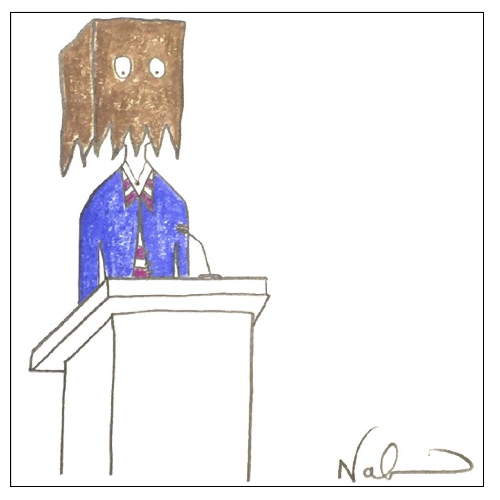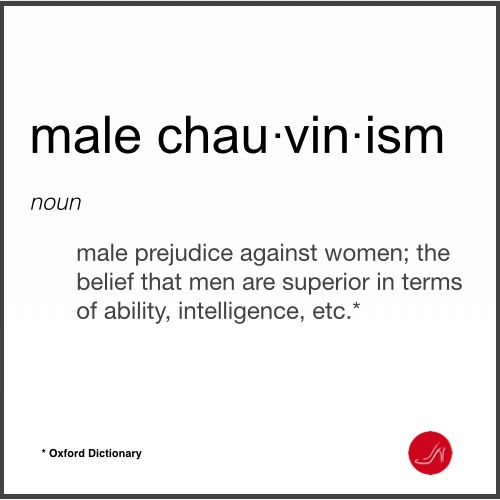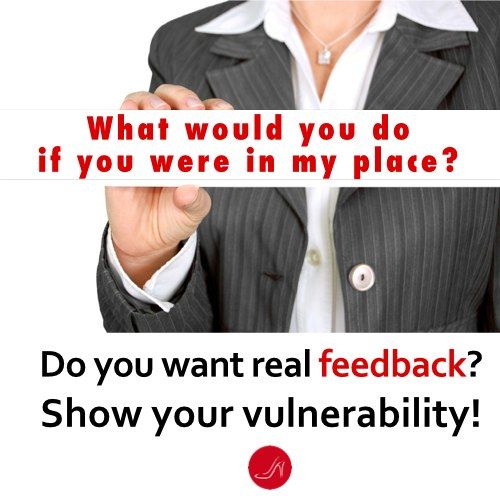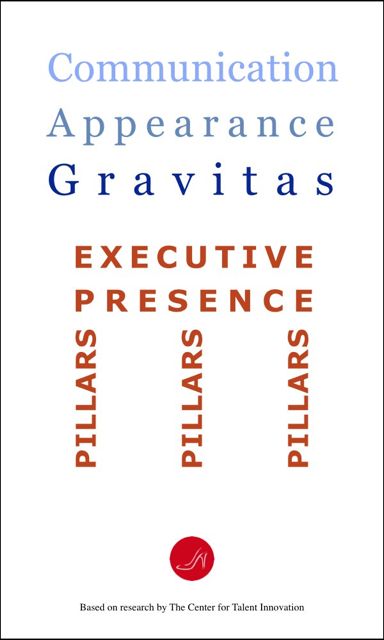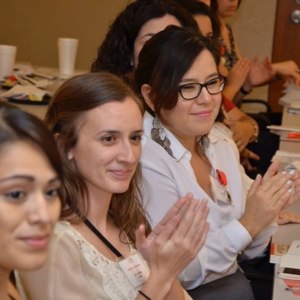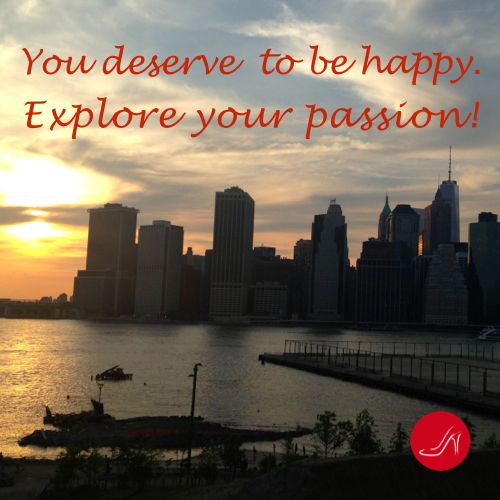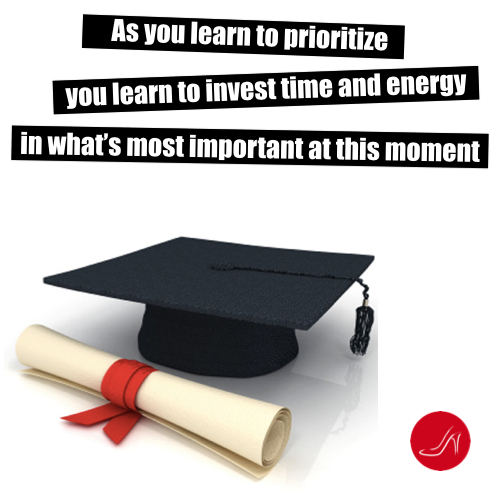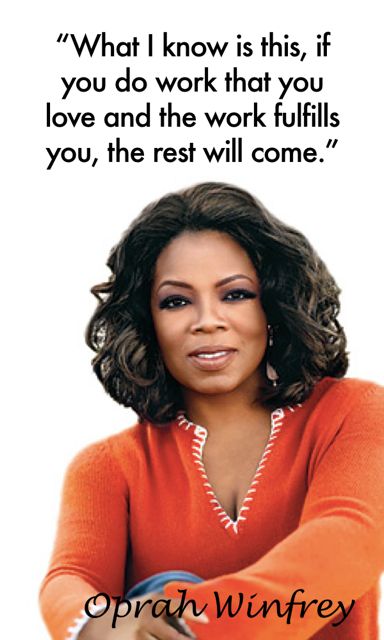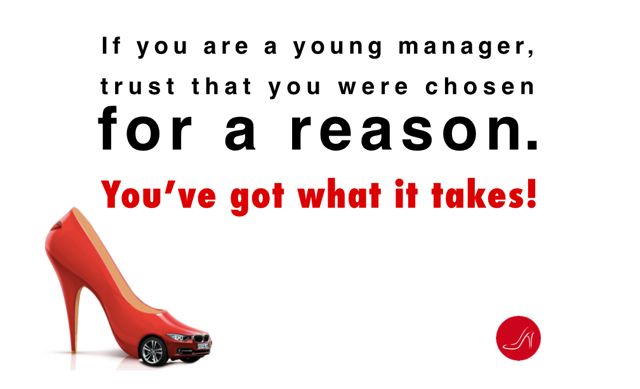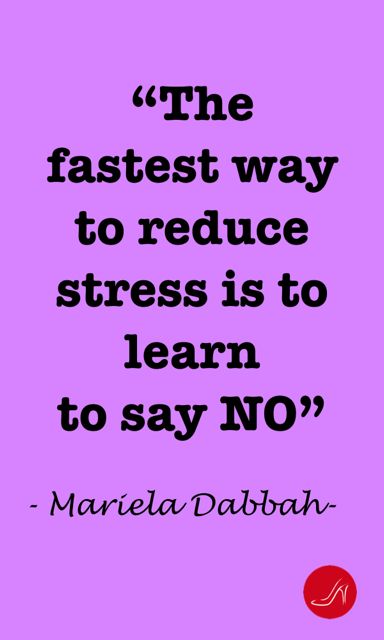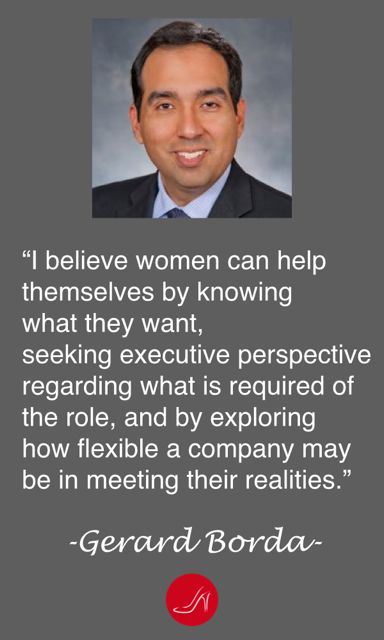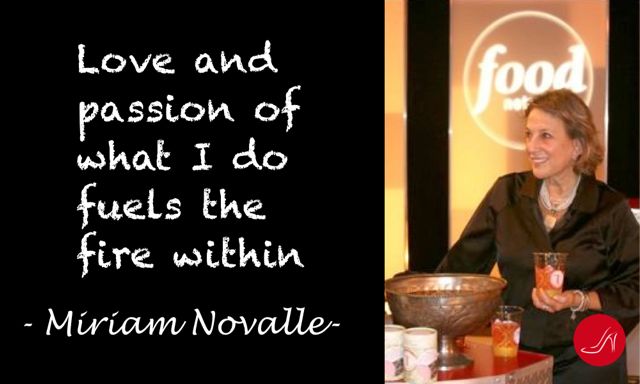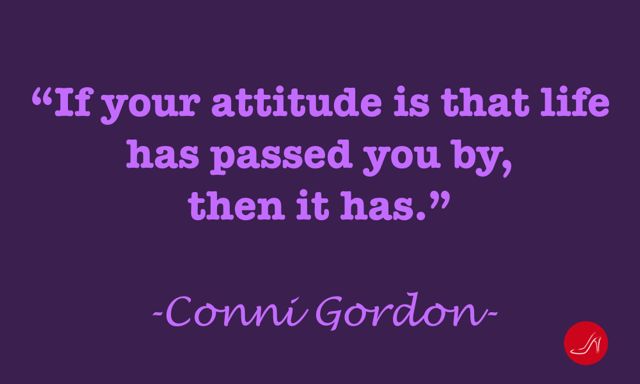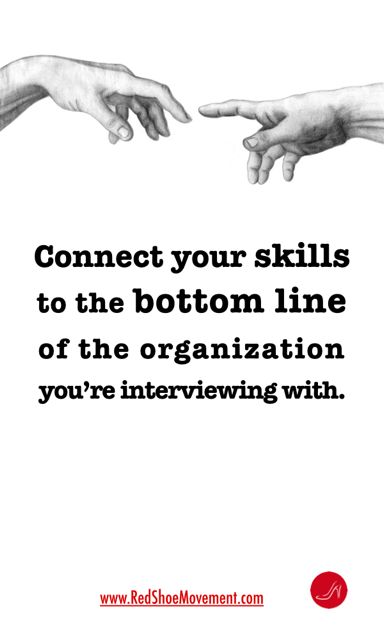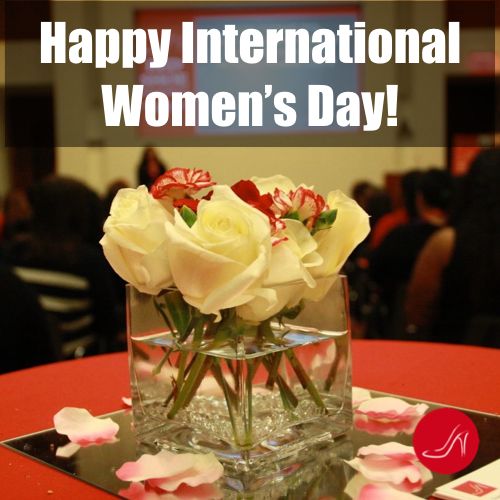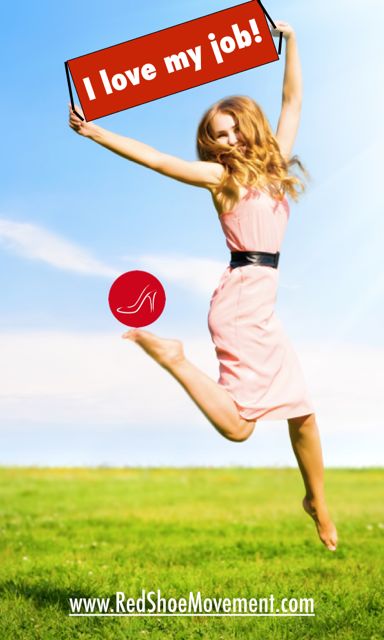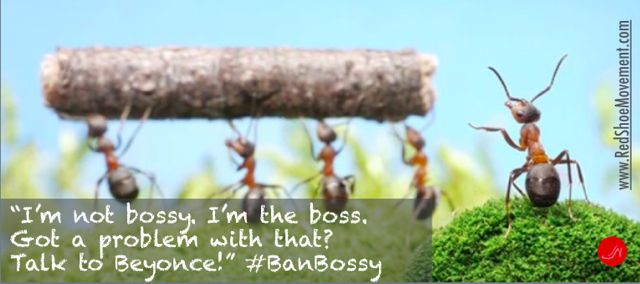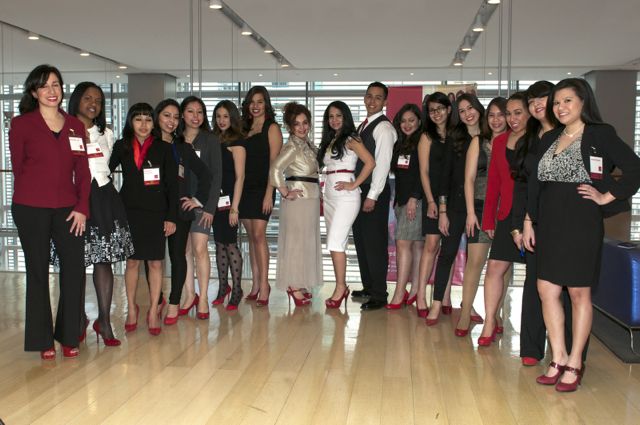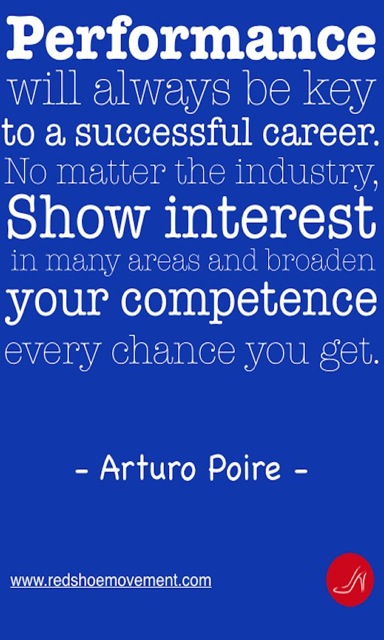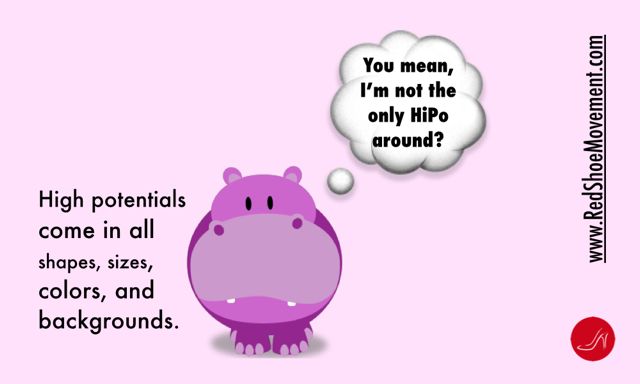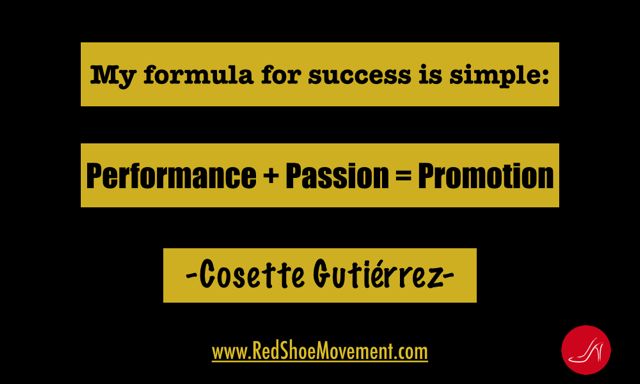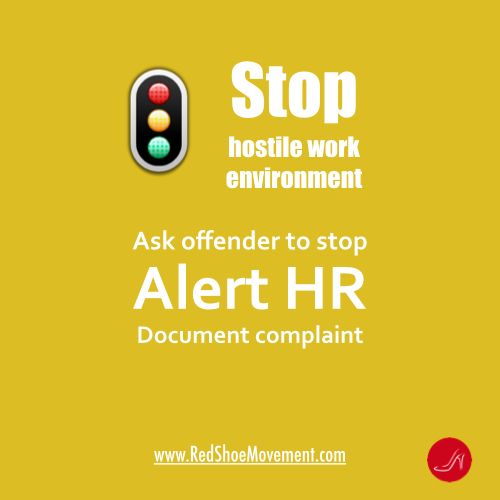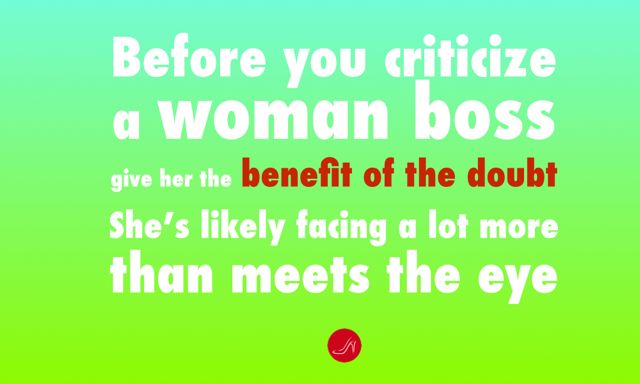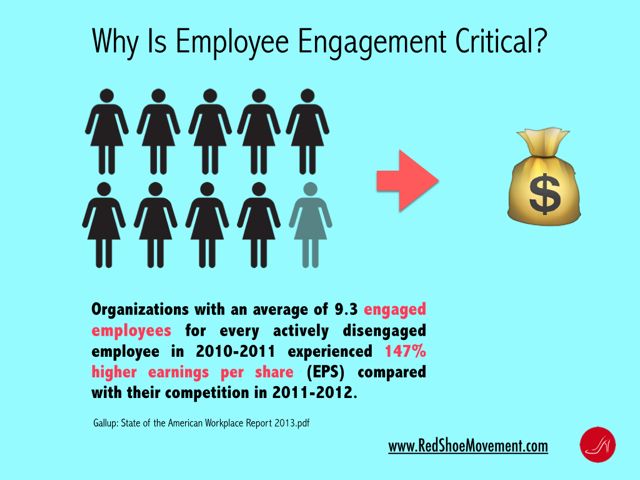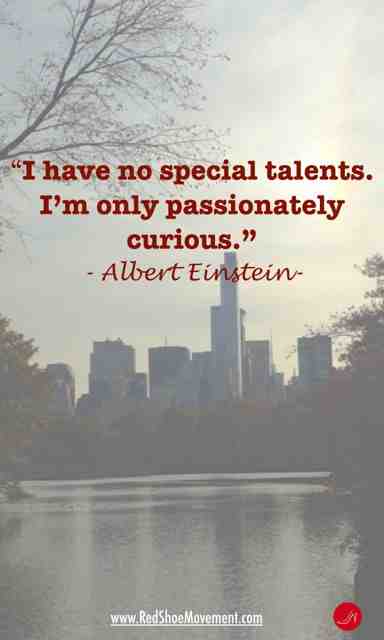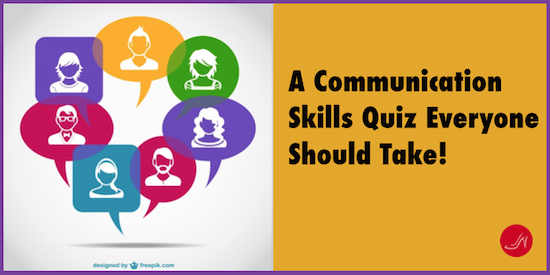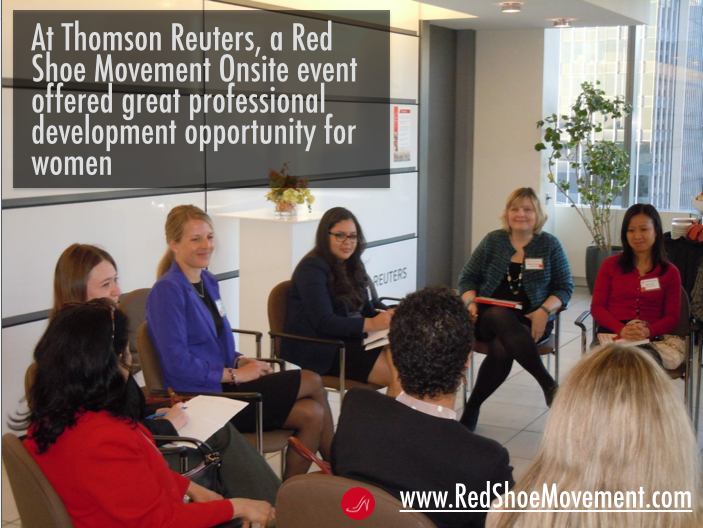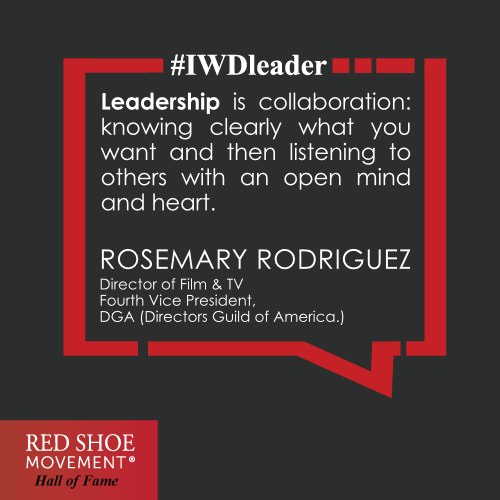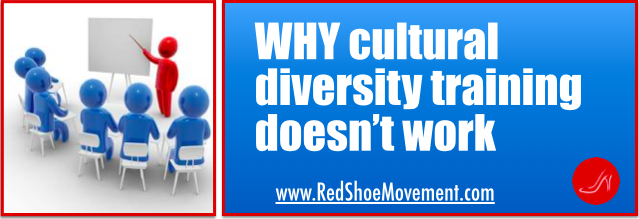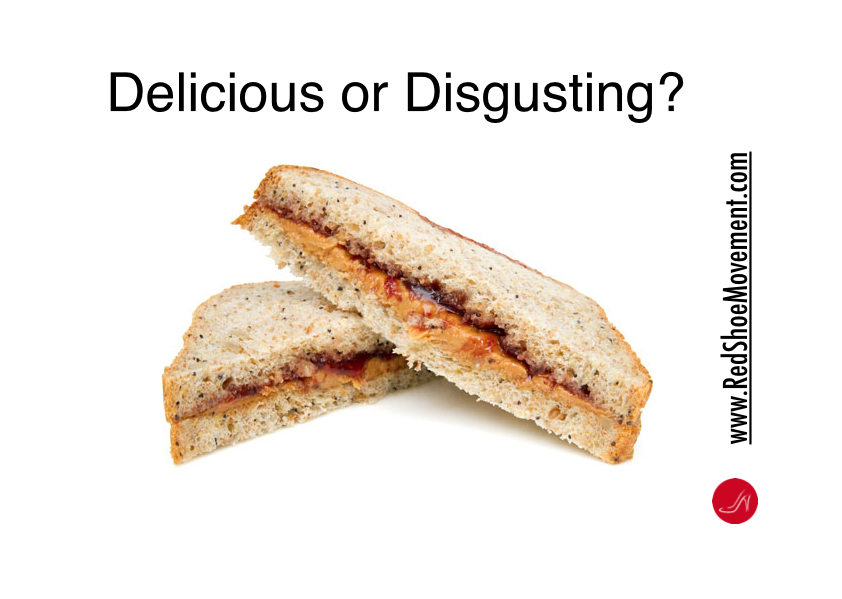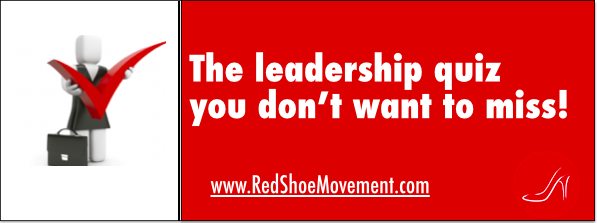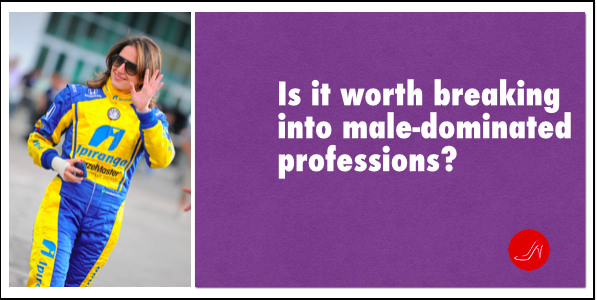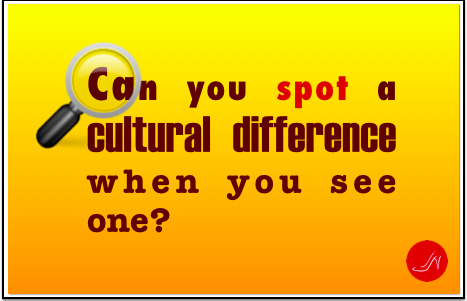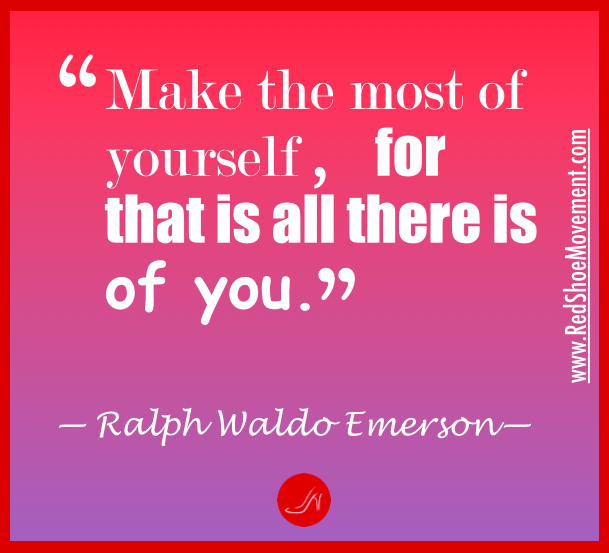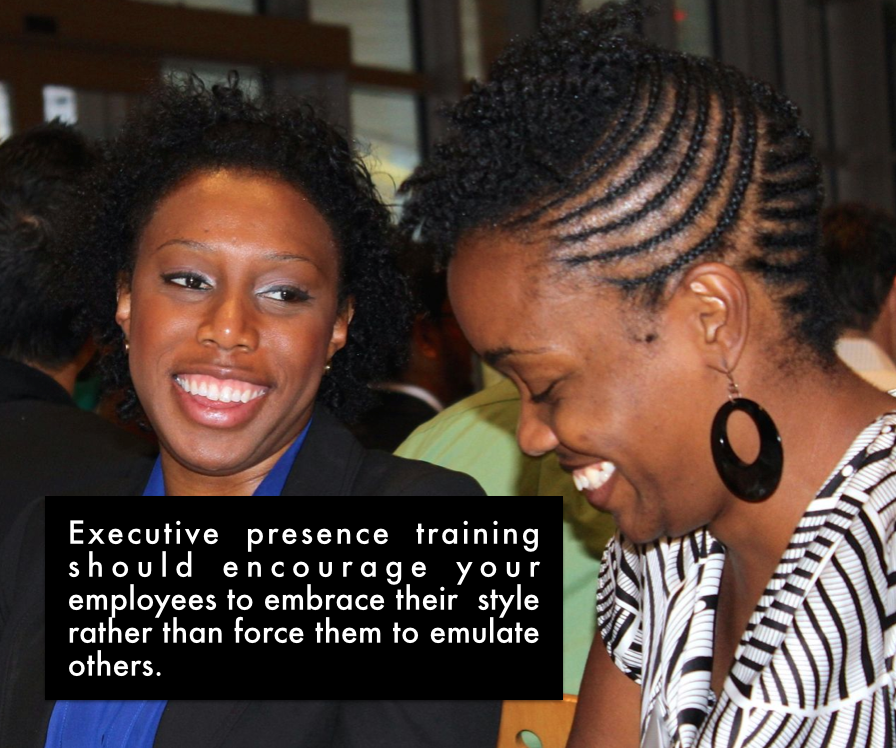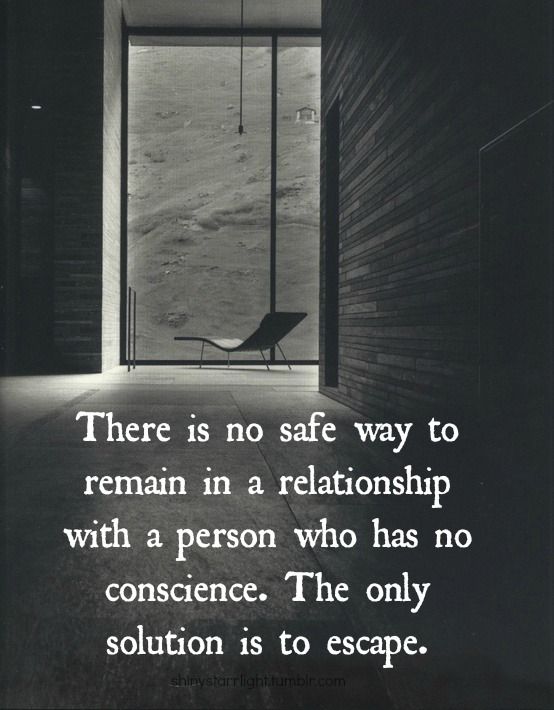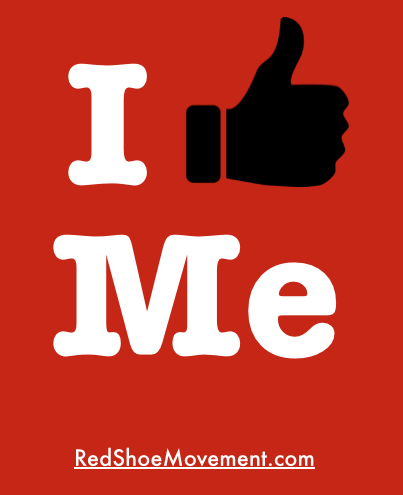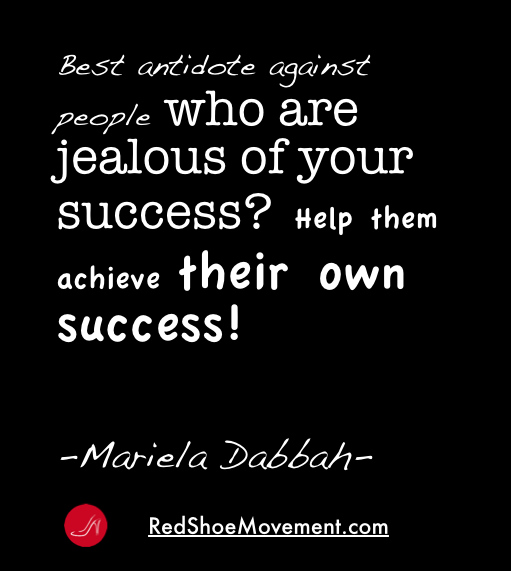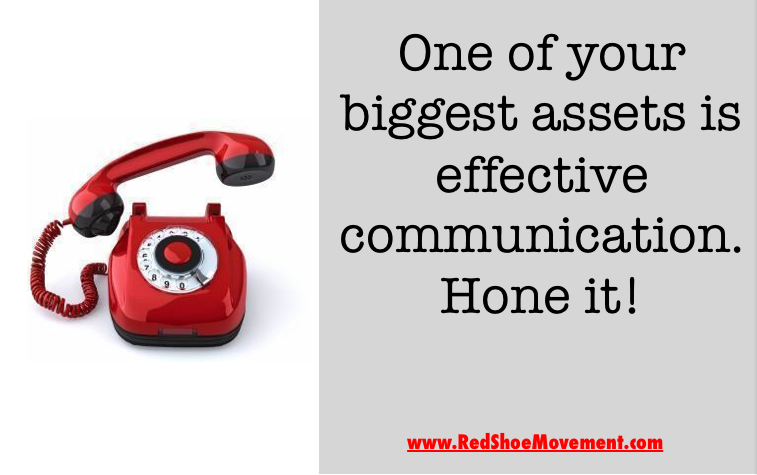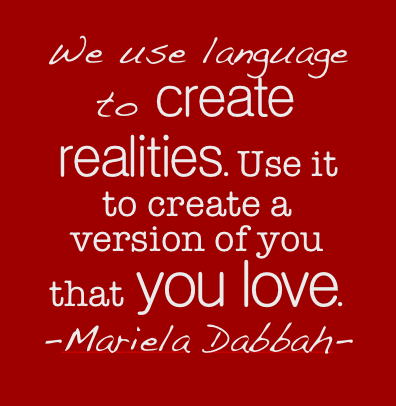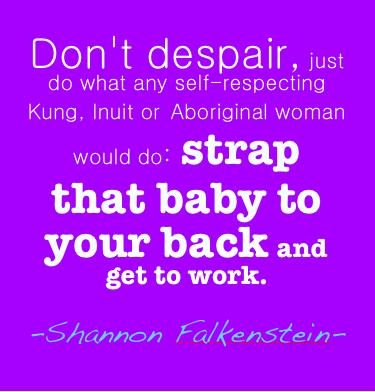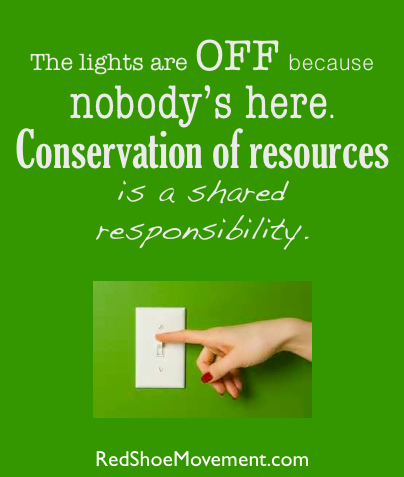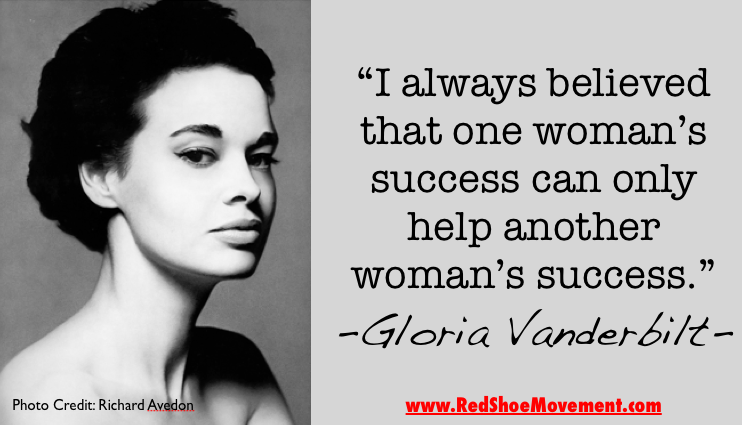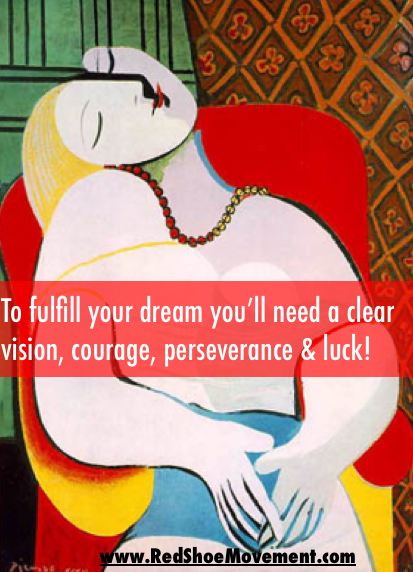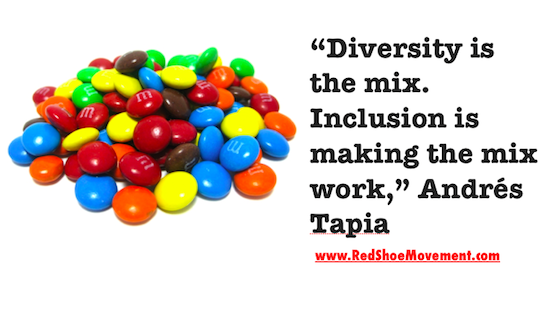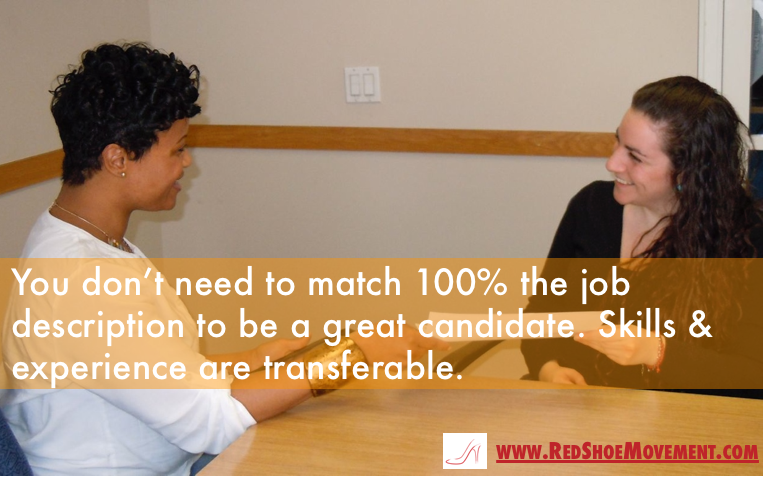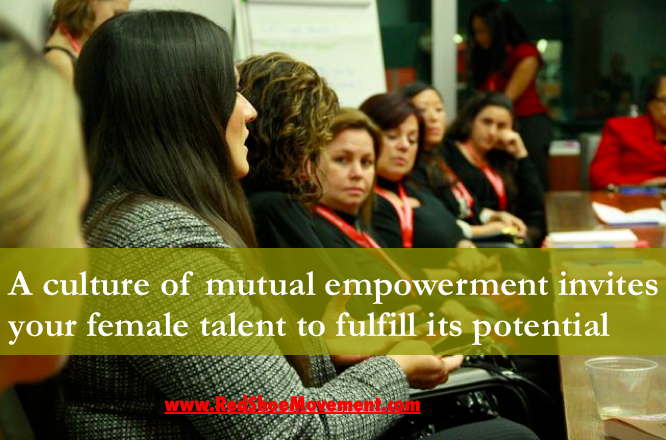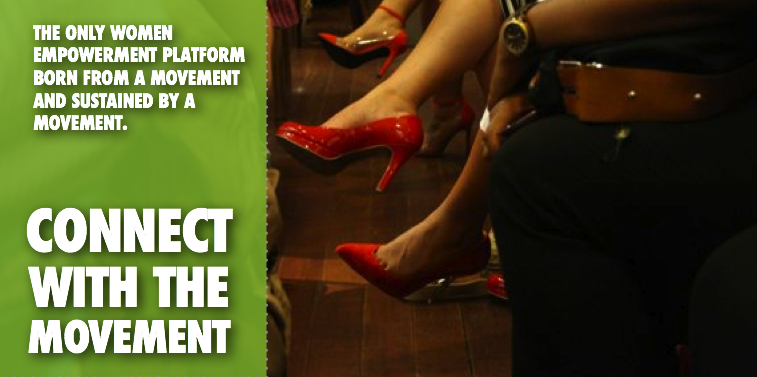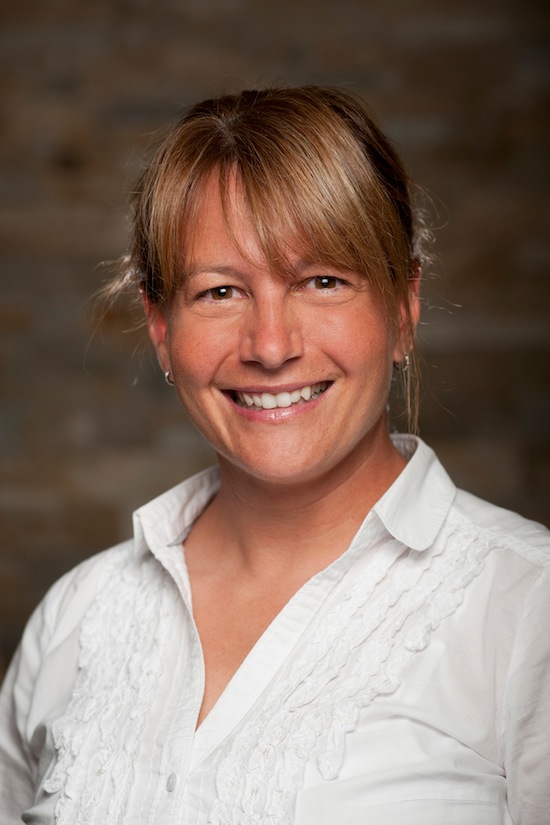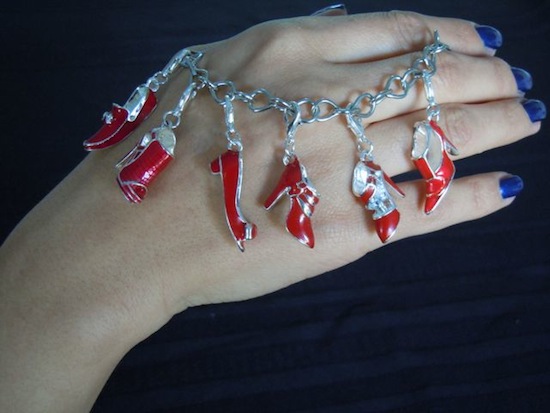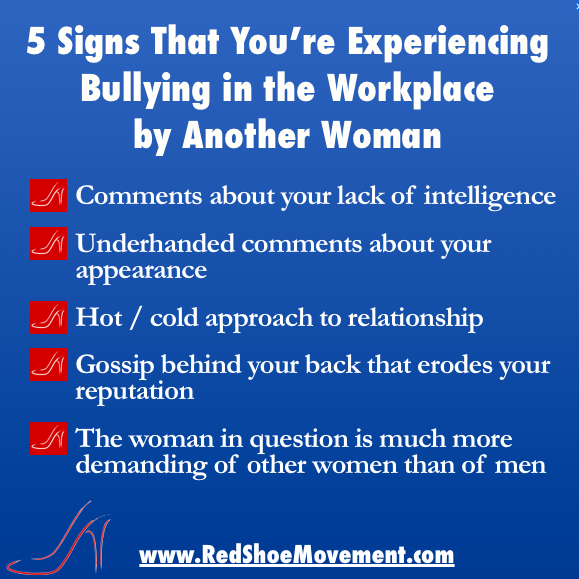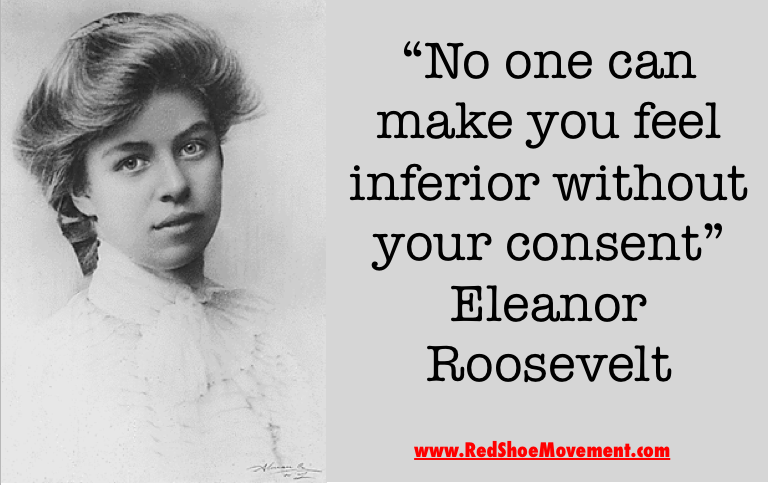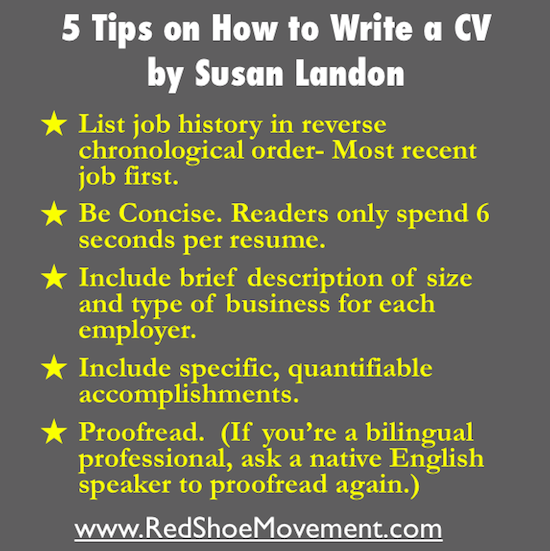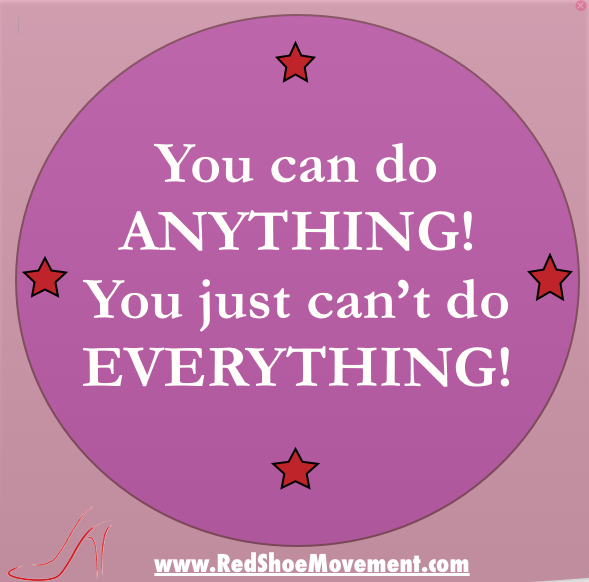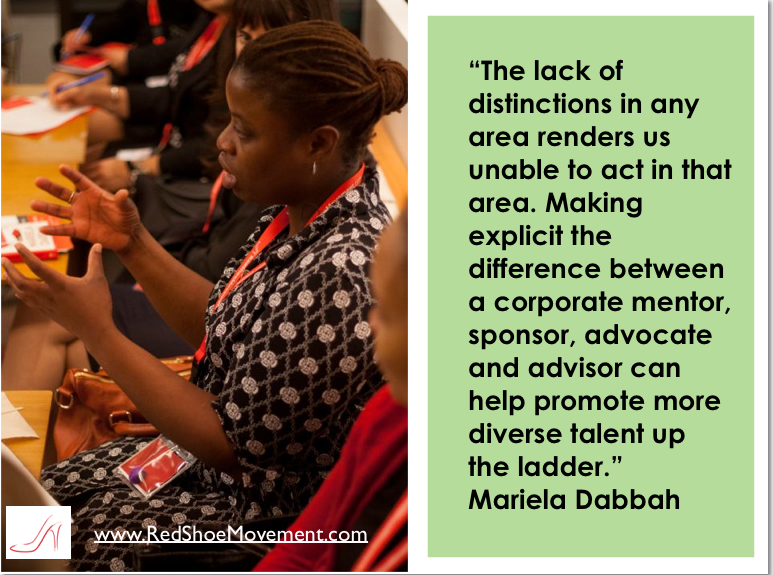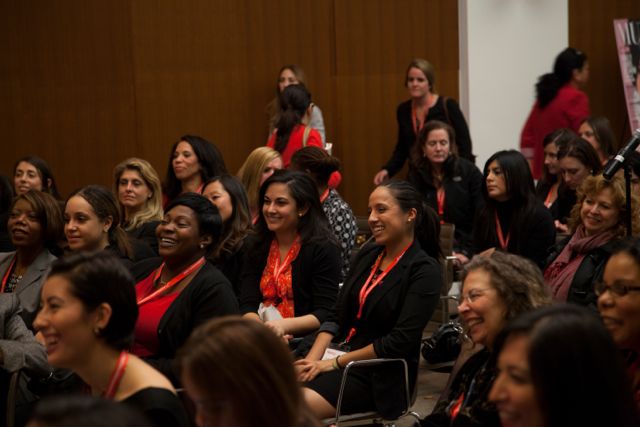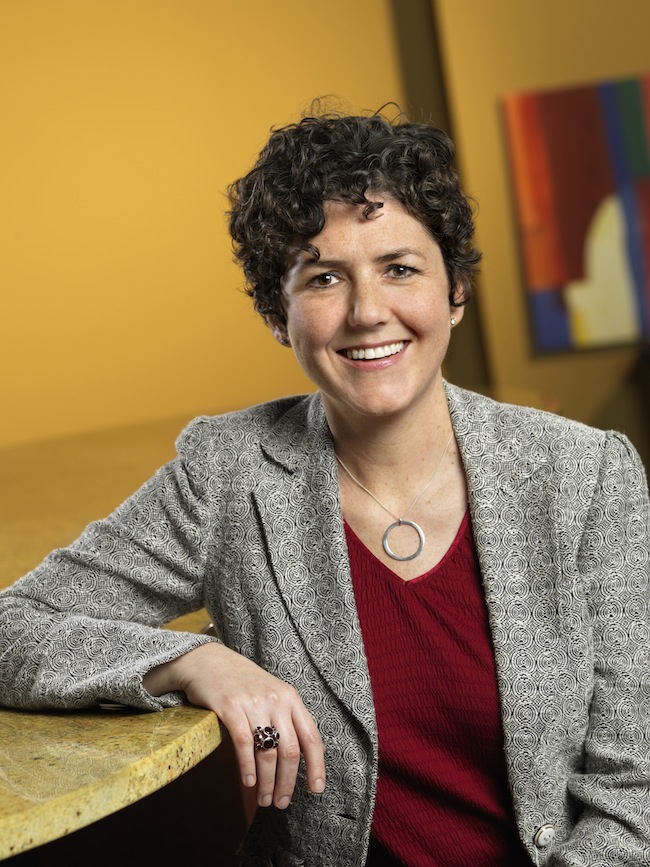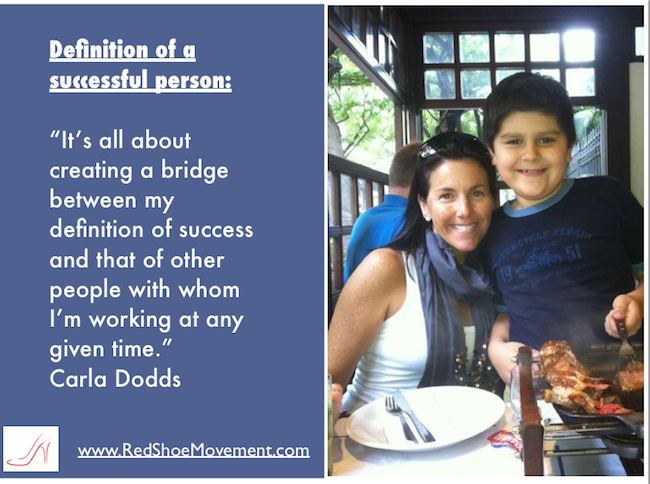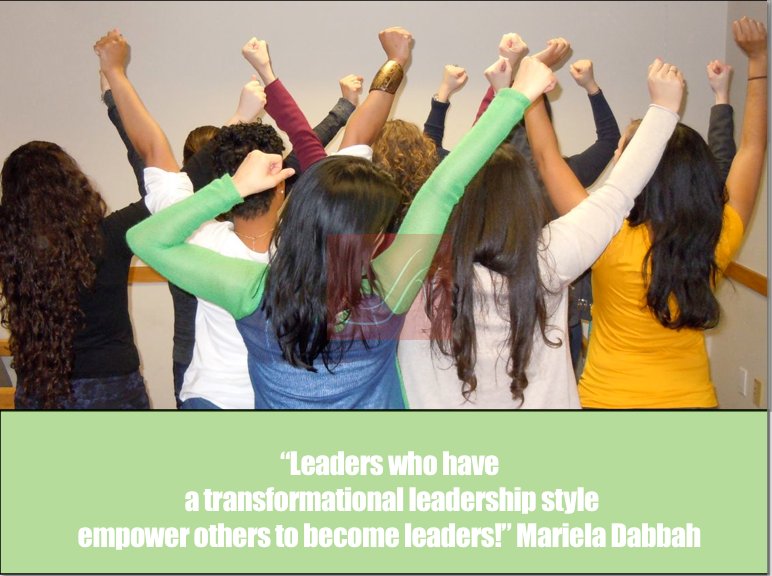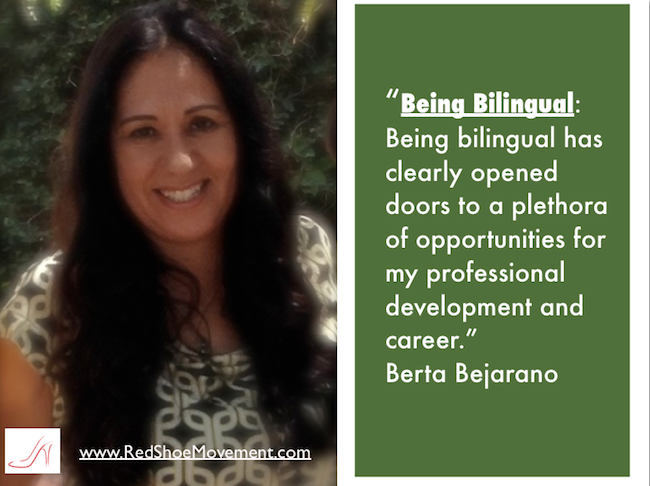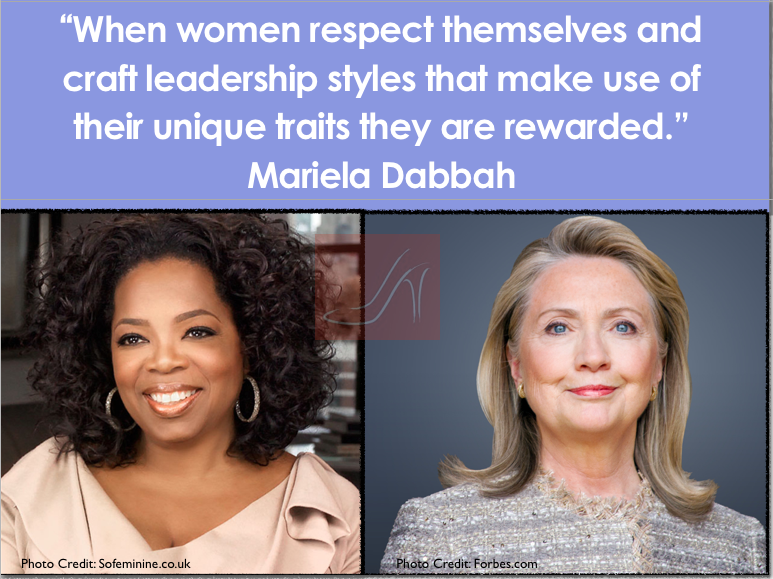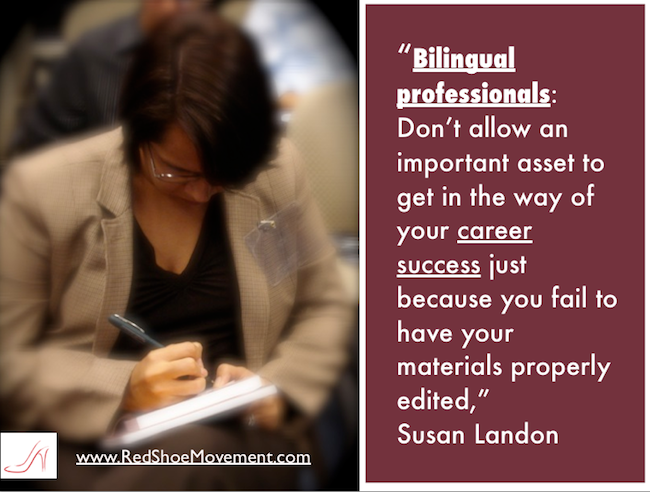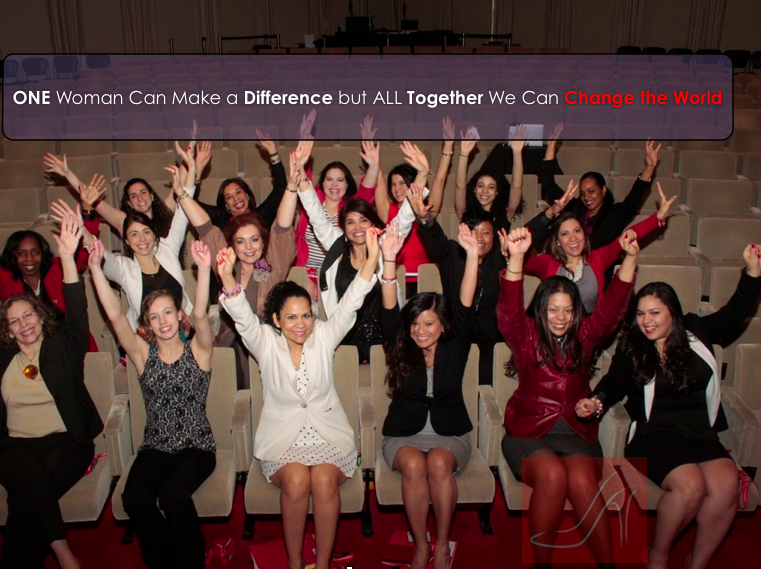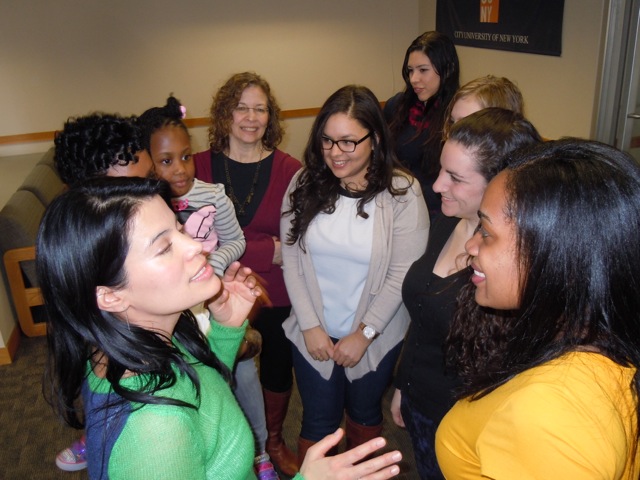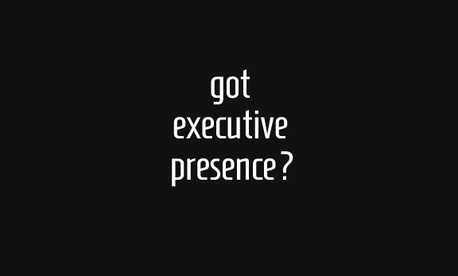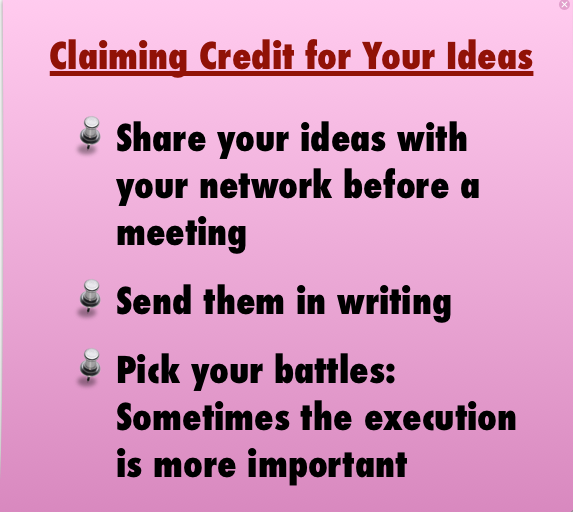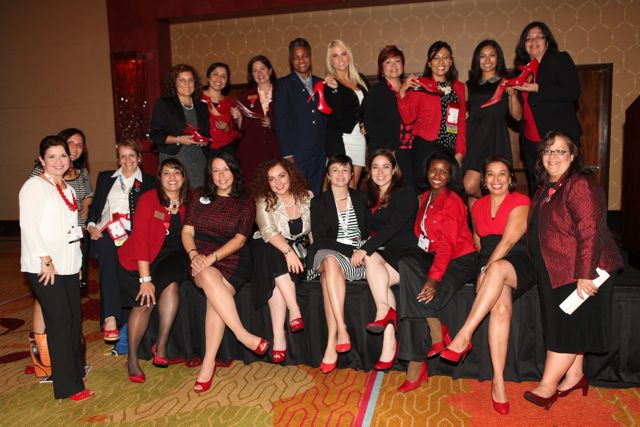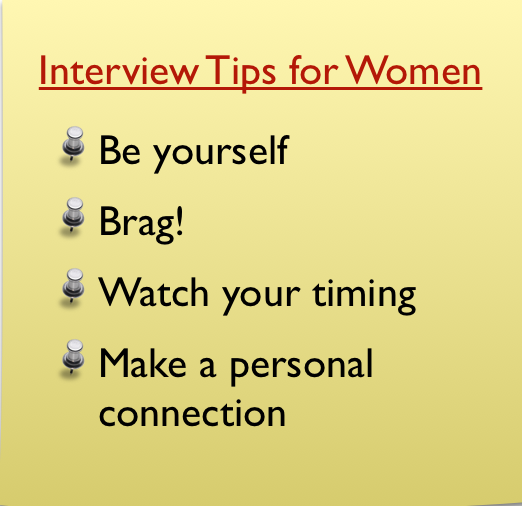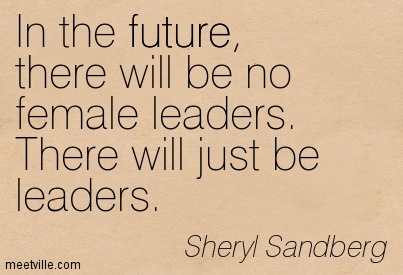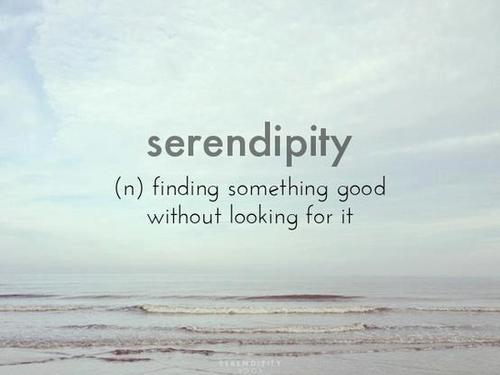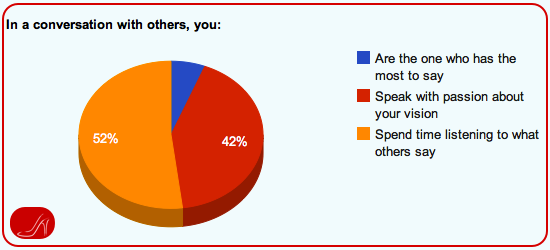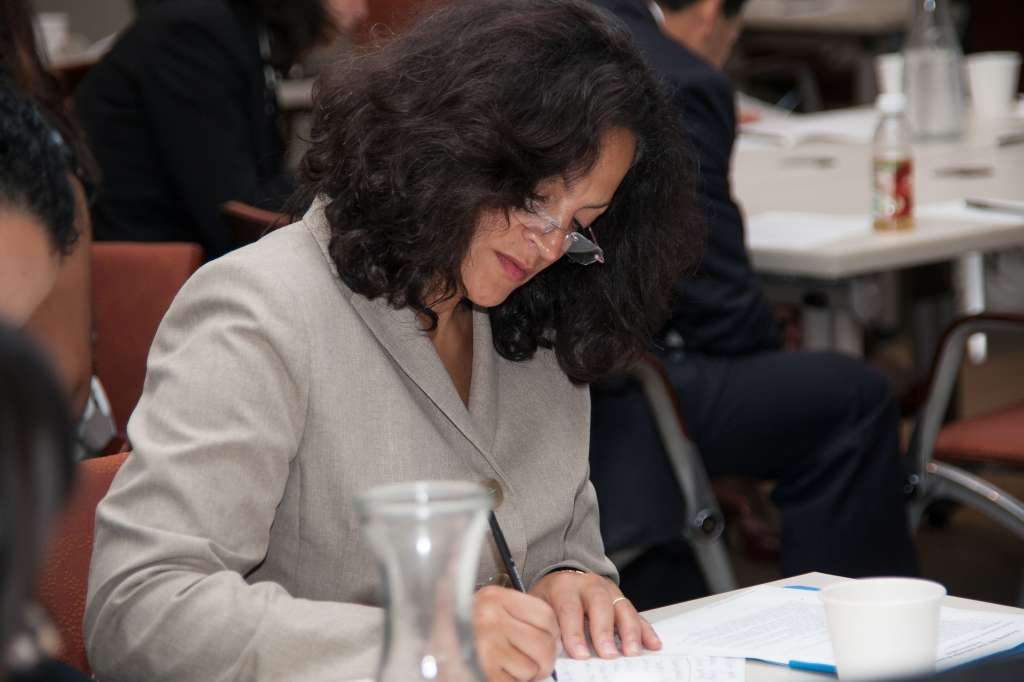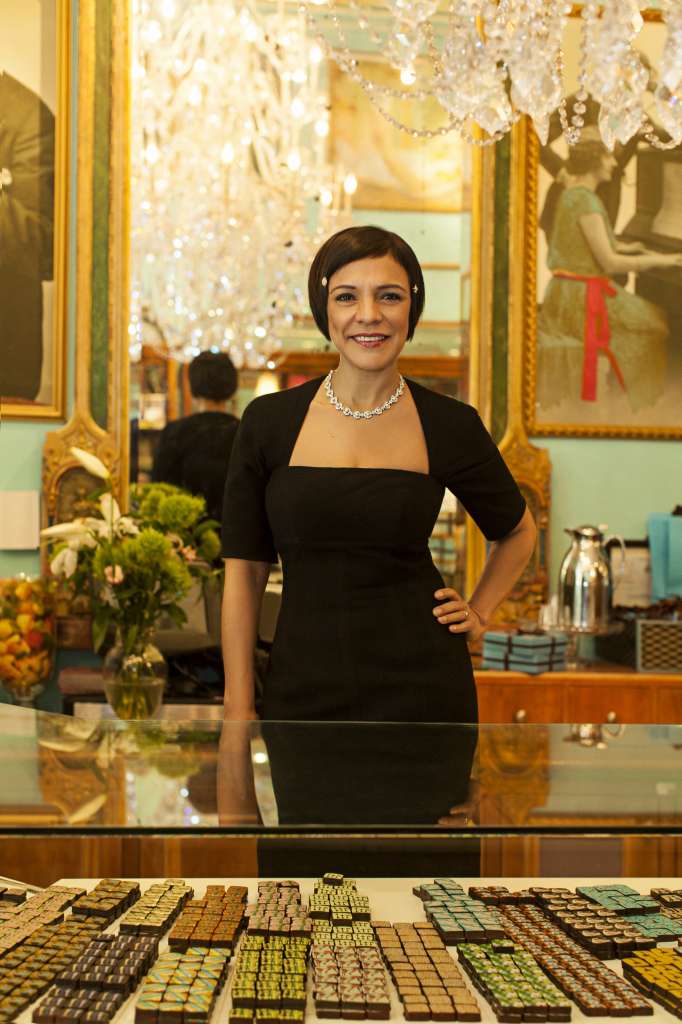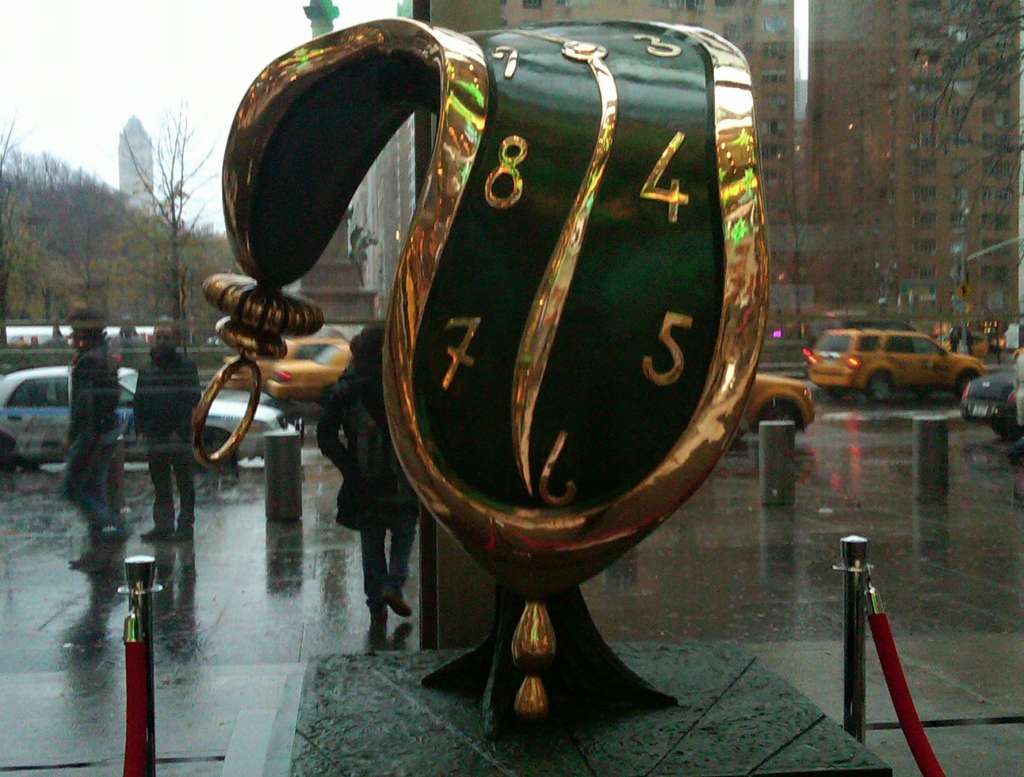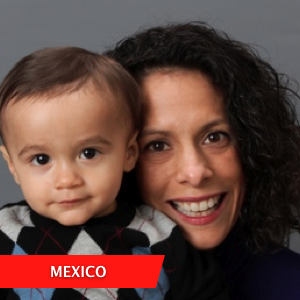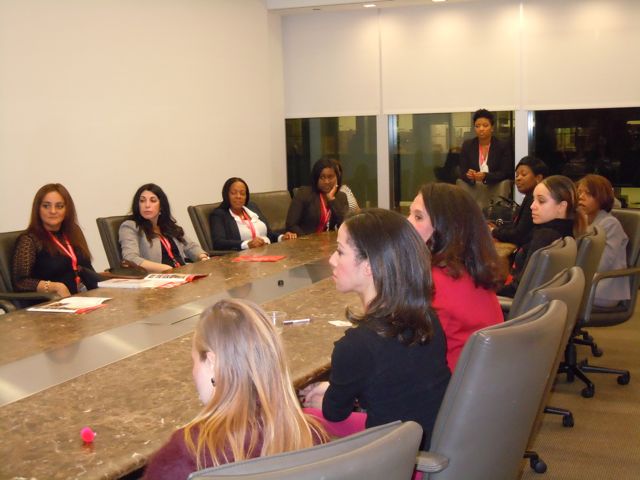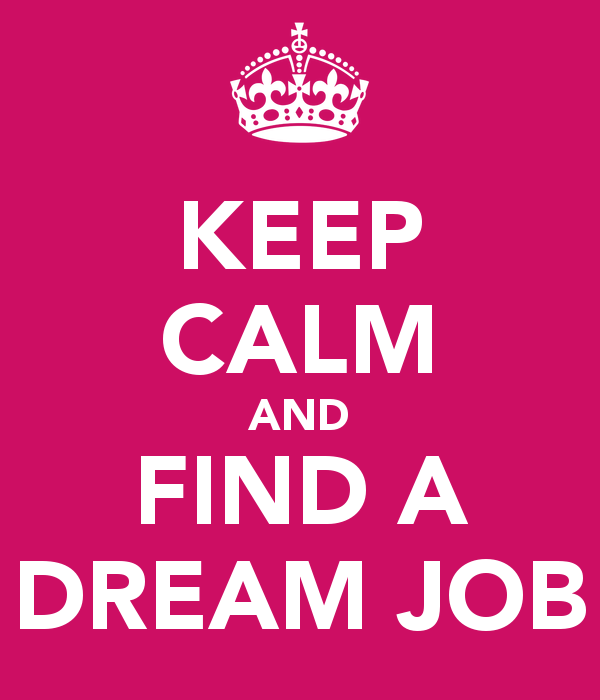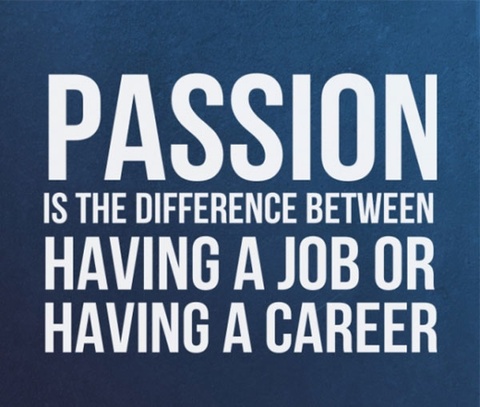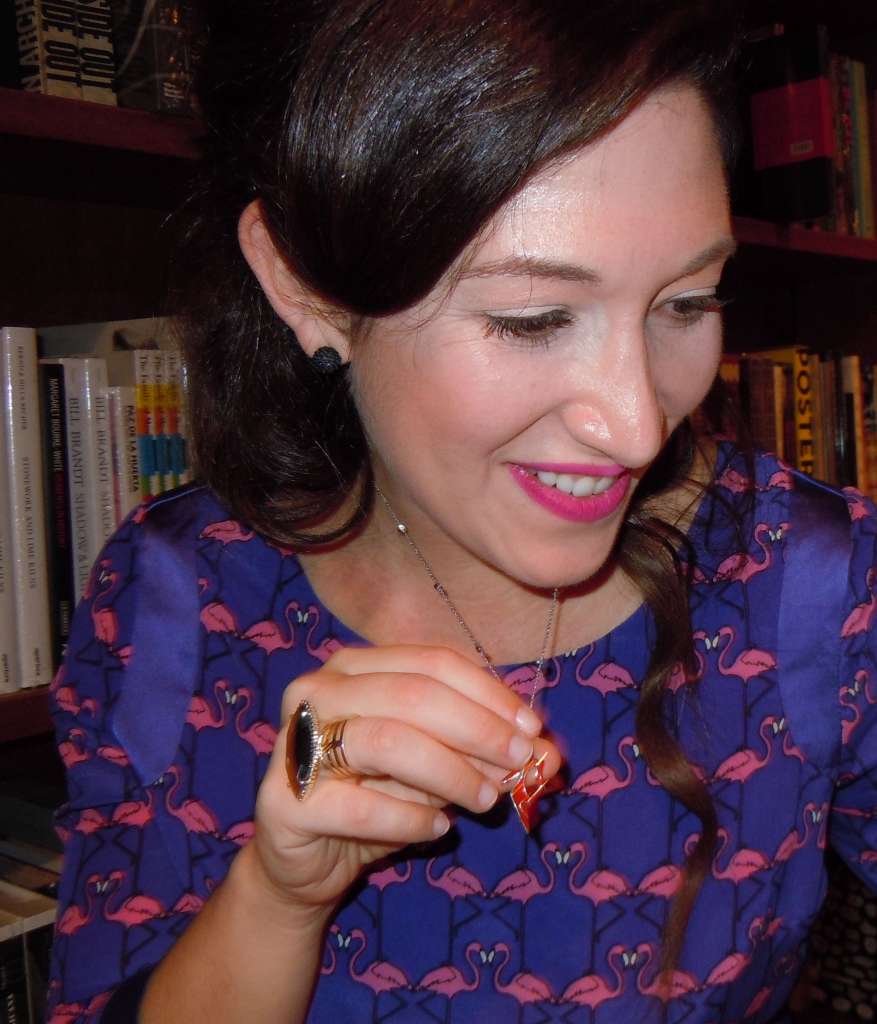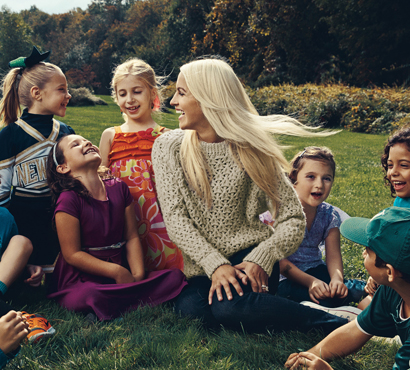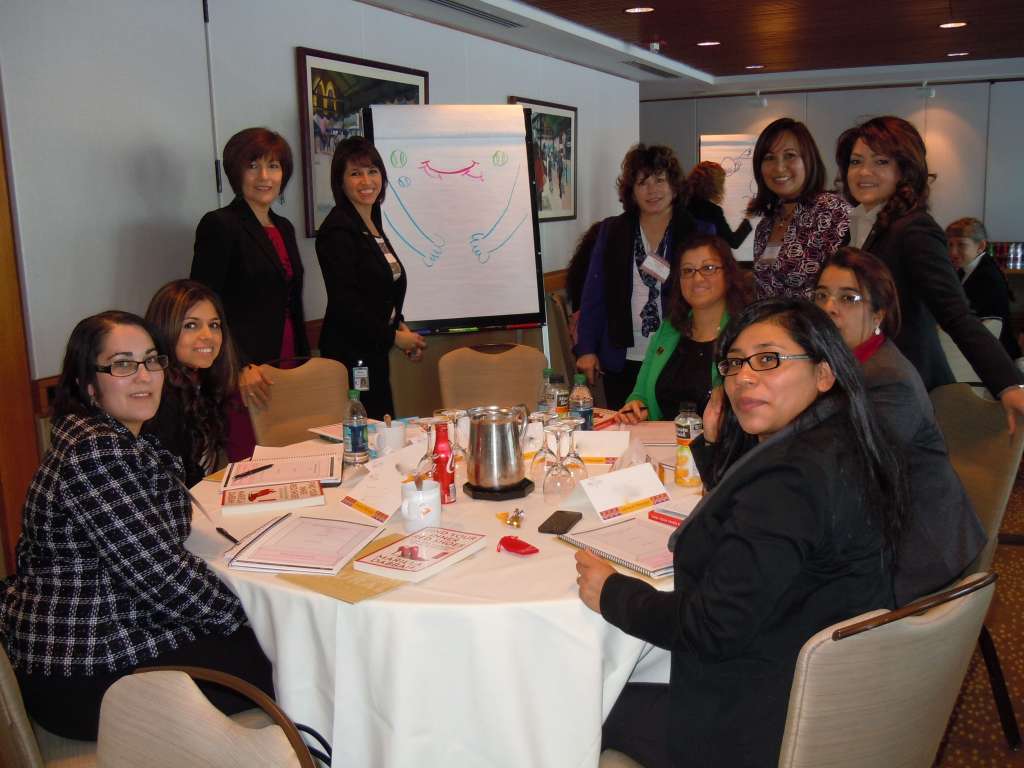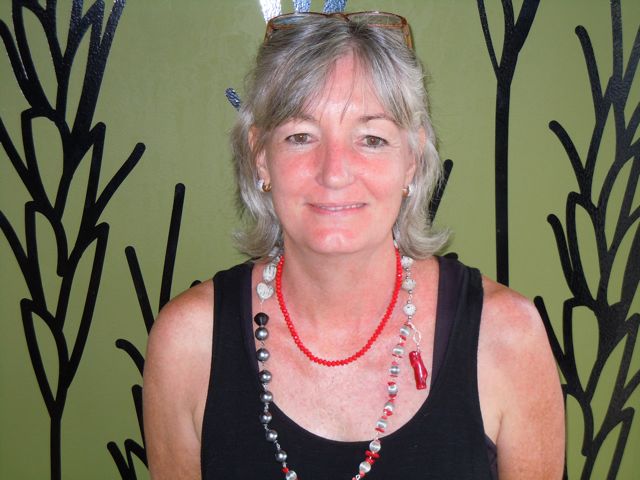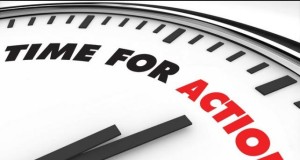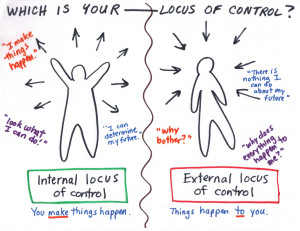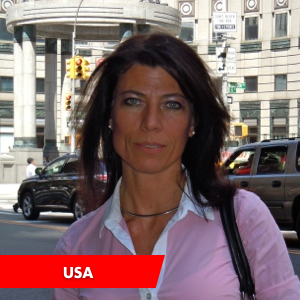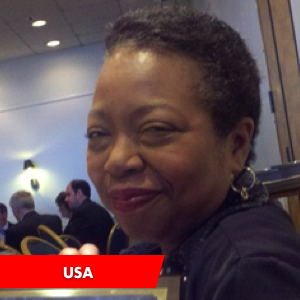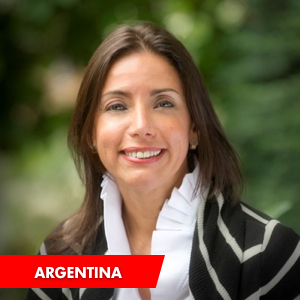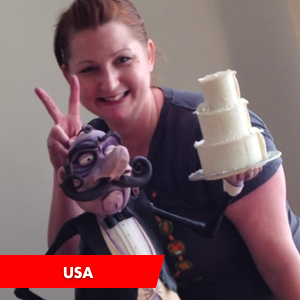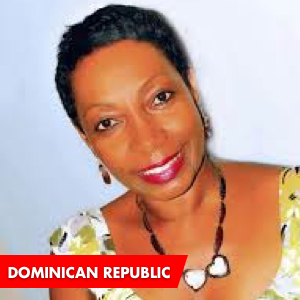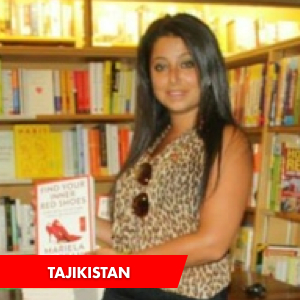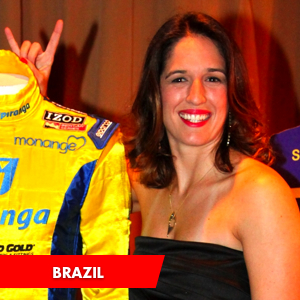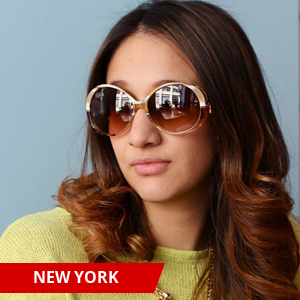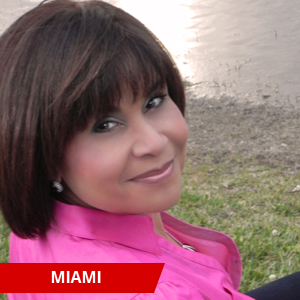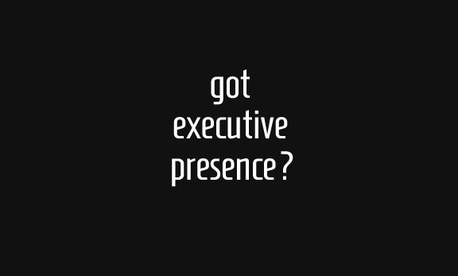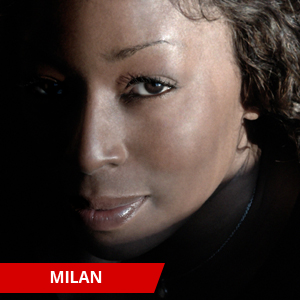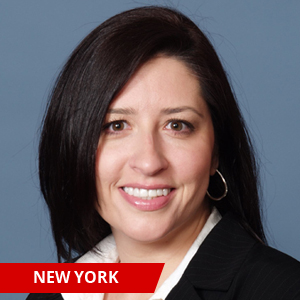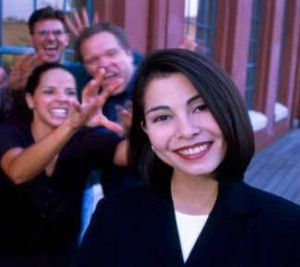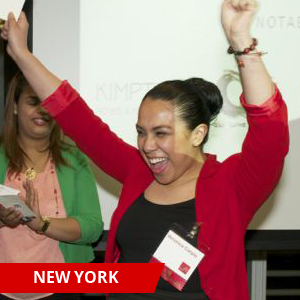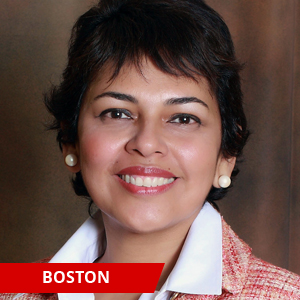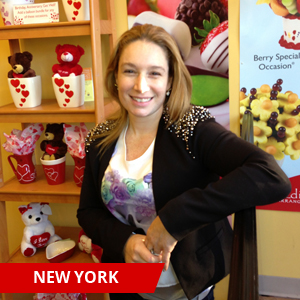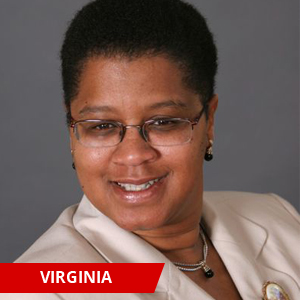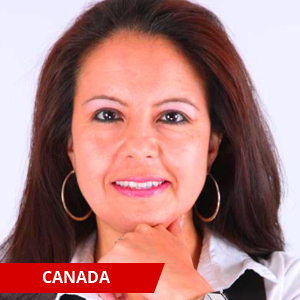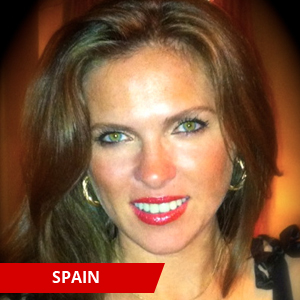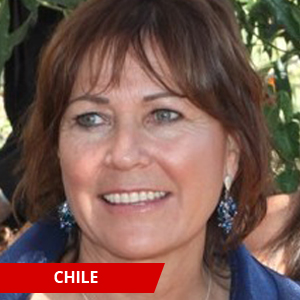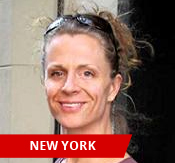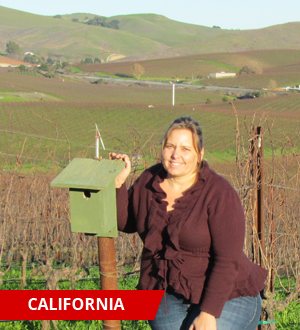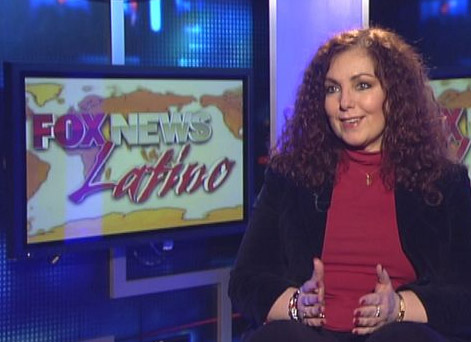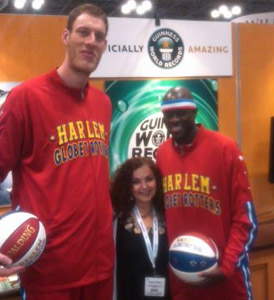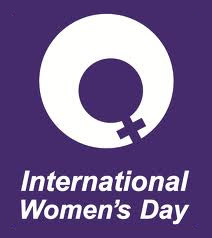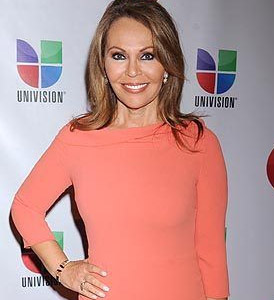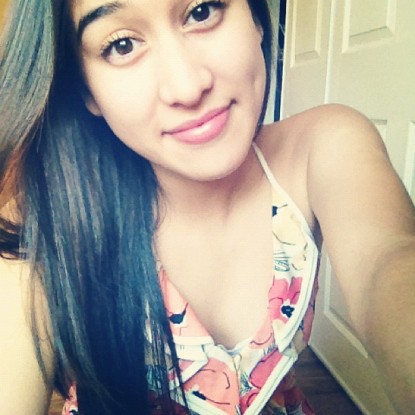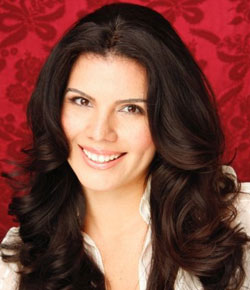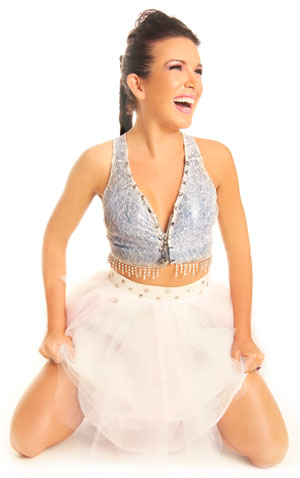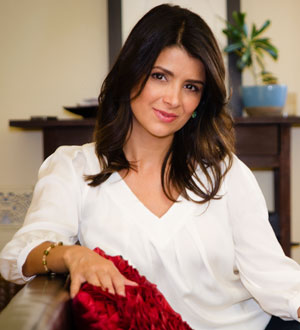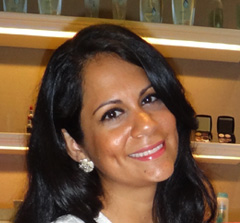There are tons of generic tips on how to prepare for the job interview out there. But very little that is this insightful, and particularly addressed to diverse women.
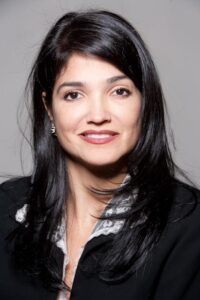
In a room full of people, you may first notice her because of her physical appearance. Tall (5.8 without heels) attractive and vivacious, she looks much younger than her age. But don’t be fooled, her wisdom goes beyond her years. Her young energy coupled with her insights, attracts all types of generations, including Gen Ys, among other diverse groups. Yes, this is Lily Benjamin, one of the most insightful and successful Talent Management and Organization Development executives I’ve met in recent years. Her depth of knowledge and her ability to convert it into concrete advice makes her the ideal person to discuss little known secrets on how to prepare for a job interview, among other subjects.
Lily has over 20 years’ experience in Organization Development, Talent Management, and Diversity and Inclusion. Throughout her career, she has traveled all over the world acquiring a rich international experience while working in multiple industries: health, pharmaceutical, finance, and consumer goods. These experiences have fed her passion for cross cultural leadership development and for building inclusive environments that foster meaningful contributions to the business.
Make sure to check out: 3 Sure-Fire Negotiating tips for Women
What are the three most important things women should keep in mind when they prepare for a job interview?
Ready yourself to bust stereotypes
It is important to recognize that all human beings have biases, some of them are conscious, and others are not. They just need to be effectively managed. As an interviewee, it is important that you are aware of this and anticipate which unconscious biases may pertain to you, and be ready to bust any stereotypes. The way in which you bust those stereotypes is to intentionally bring your uniqueness into the conversation as an asset and discuss how it complements the work you do. For example: “As a woman, I tend to be cautious, yet committed, which makes me reliable…” If it’s a global company and you are Latina, and the job could grow into the Latino market, you can say, “As a Latina I bring the perspective and richness of the Latino market into consideration to help broaden our perspectives…” The ‘busting of stereotypes’ has to be subtle. Do not overdo it, as it could come across as disingenuous and hurt your credibility. A personal example I use to bust whatever stereotype is out there regarding my accent is to directly talk about it. I do so by referencing how speaking several languages has given me insights into the nuances of different cultures. Busting the stereotype of accents is valuable and gives me a competitive advantage in a world where our clients are increasingly more multicultural.
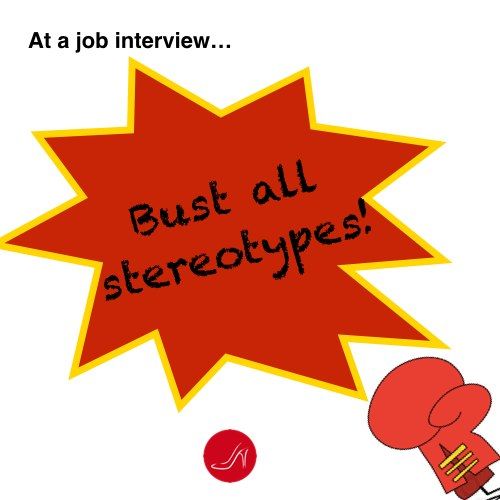
Know your audience and prepare for them
Leverage any social media to learn about the interviewer that you will be meeting, the leadership of the company, and the history of the job (if it is public.) Align your examples in a way that is relatable to the person who is interviewing you; that references past experiences of that person as captured in social media, or that are relevant for their generational group, cultural background, and so on. For example, you should read about the communication styles of Baby Boomers, Gen X or Gen Y and be prepared to flex into the uniqueness of their respective styles. The caveat here is that a lot of what you read are generalizations. Don’t forget that each person is an individual. So stay alert to adapt as you deem necessary in case your interviewer does not meet the generalizations that you researched. Always avoid putting everyone in one box.
Promote your personal brand and competitive advantage, tastefully
At the interview you have to ‘sell a product’, and that product is YOU. You must sell your brand and competitive advantage. Be clear on how to communicate both in good taste, without turning people off.
Promoting your personal brand and competitive advantage plays a really big part in preparing for an interview. Could you speak to this?
Your competitive advantage is what makes you unique and the reason why someone should hire you over any other candidate. One of the tools that have been very useful to me is the StrengthFinder from Gallup. Take the test online and identify your strengths. They constitute your competitive advantage. Then consider how that strength can be value added for the job you are interviewing for.
Your brand is the image you want to project in a consistent basis. How do you want people to refer to you when they speak about you? Do they think of you as a trouble-shooter, as a thought partner, as indispensable? Then you need to make sure that you project that image. During the interview you can give clear examples that reinforce your personal brand, and how you want the interviewer to remember you. Ensure the communication of your brand is done with taste, which is what we call ‘healthy self-promotion.’ For example, if they are looking for a trouble-shooter, you may say, “My teams know me as being resourceful and good at trouble-shooting. Whenever there are issues around technology, people tend to reach out to me. I can usually help them resolve the situation, and if I can’t, I find the way to partner with them and sort things out.”
In preparing for an interview remember that you are your own agent.
If you don’t do some healthy self-promotion, no one will do it for you. Generally speaking, it is something hard to do for women and for certain cultures. But remember, potential employers are calling you in to talk about you, provide context, examples, and so on.
From a recruiter’s point of view, what is the one thing women do much more often than men at the interview stage which loses them opportunities to get hired?
In some cultures more than others, women can come across as tentative, apologetic, or not able to effectively balance assertiveness vs aggressiveness. And no one wants to hire an ‘insecure, aggressive’ person. This is an opportunity to bust that stereotype, by not coming across as such. Aim for balance, by reading the impact you are having on your audience and recalibrating accordingly.
Let’s talk about this. Can you share how women can come across as assertive and not be considered aggressive?
Unfortunately, being a woman, even if you are not being aggressive you may be stereotyped as aggressive if you speak up. But don’t panic, this label is also bustable. You just need to be aware of this fact and be intentional with your actions.
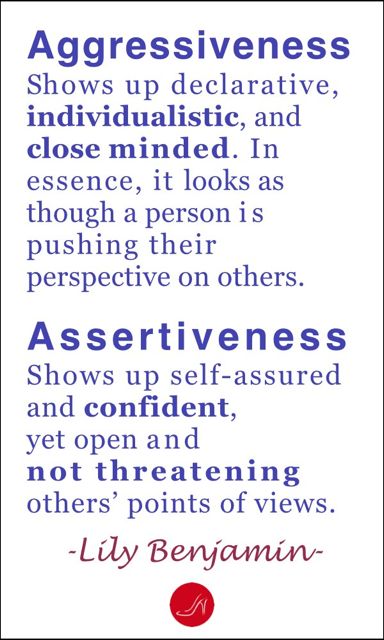
First know the difference between the two. Aggressiveness shows up declarative, individualistic, and close minded. In essence, it looks as though a person is pushing their perspective on others. Assertiveness shows up self-assured and confident, yet open and not threatening others’ points of views. In order to do that, you need to be very aware of how you convey your opinion, how it is received, and how people react to it.
I refer to it as you being ‘part of and apart’ from the conversation. That means that while you are confidently communicating your perspective, you are being part of the conversation. When you separate yourself from your perspective to see how others are receiving your words and how they are reacting to you, you take yourself apart. You distance yourself from your perspective and get closer to the perspective of others. So be prepared to share your experience, while reading your environment and checking frequently how you and your stories are been received. Be mindful that when it comes to communication your words only account for 7% of the message, 38% is your tone, while 55% is body language. Be in the look out for how you are received, as well as assess the tone and body language of your interviewer. For example, as Latinas, we can be passionate and extremely expressive, which can be misconstrued as being aggressive. If you are aware of that, it is easier to effectively manage a stereotype by articulating your intend, or what I call “flashing your intention.”
Here’s an example of how to flash your intentions to erase any gaps between them and the impact your communication produces: “As a Latina I am very passionate about ‘this’, so if you see my expressions changing and my voice raising, is all good. This topic is very close to my heart…” By articulating your intention, you are preparing the interviewer not to unfavorably jump too quickly to conclusions.
Although the interviewer asks about your past experience, they really want to assess your potential. How do you let them know what you’d be able to do for them and justify it with your past experience?
Organizations that recognize great talent and hire well, value experience yet look for potential. Interviewers look for both. When they choose to recommend you to the next step in the process, their credibility is on the line. Be a good partner from the beginning and support them by representing yourself accurately and demonstrating what you do, as well as what you can do in support of the shared goals. Start by preparing yourself for the process. Have your story organized around what you have done (experience) and what you can do (potential.)
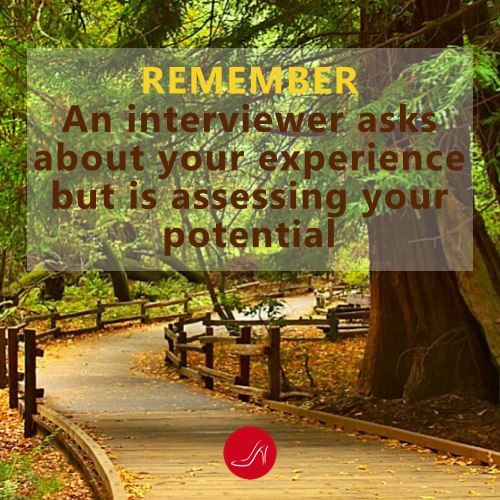
Demonstrate depth and breadth with examples.
For instance, Marisa, a woman I recently coached, had been part of different teams in her previous job. She had a specialized role in each team, but she understood well the roles of every person as well. The job Marisa applied for required for her to actually do the jobs of all the team members. So during the interview process she shared what she actually did (experience) and put the focus on discussing what she knew of the roles of others, which illustrated to the interviewer what she could do (potential.) She spoke with confidence and authenticity, and she got a job that had responsibilities beyond what she had done before. Due to her successful performance, just recently, her responsibilities have been expanded even further. The caveat here is that you must do your research and know all of those roles you’re speaking about to demonstrate your interest and knowledge on the subject. That’s how you show potential.
What’s the best way to prepare for an interview?
Prepare, prepare, prepare, prepare, and once you are ready, PREPARE!
How to dress
- Dress on par with expectations, don’t be afraid to dress better than what the job requires.
- Be conscious of body odors: have fresh breath; smell good but stay away from overwhelming perfumes.
- Heels are ok, but don’t overdo it; do not wear shoes you will wear to a club.
- Keep jewelry to basics, don’t have your attire be memorable or compete with what you bring to the organization.
How to present yourself
- Be on time and mindful of time.
- Show up organized, with your questions ready for them – have questions categorized on strategy, industry, people, job, structure, cultures, etc.
- Be the expert of your subject, and show both experience and potential.
- Read your audience and adjust accordingly to the clues you are picking up.
- Share relevant names or contacts if they can strengthen your credibility, but don’t come across as a ‘name dropper.’
How to follow up
- Send personalized, brief, thoughtful thank you notes, one or two days after your interview so you have time to organize your thoughts.
How to ace the job interview with amazing research
What kind of research will help people ace the job interview?
In order to ace the job interview you must seek to understand the job description, know the industry, know the business, know about their competitors, and learn about the company’s culture.
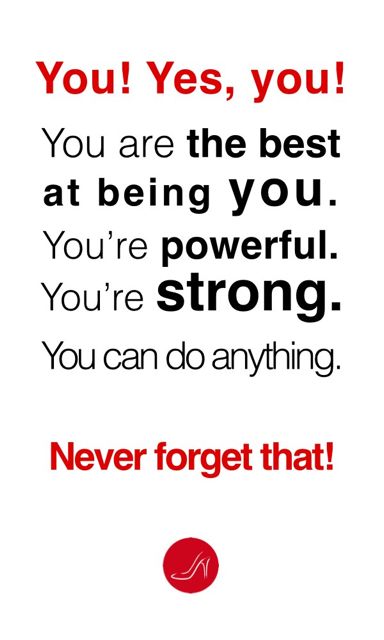
One of the many ways to learn about the culture is by researching their history, vision, mission, and values; all of this is available online. Leaders set the tone of a corporate culture. So learn about the organization’s leadership and any relevant information that can connect the interview conversation to them. This means, look up the leaders’ career path, where have they been before, what kind of culture those companies have.
If the leaders you are meeting with published something, read it. Then, only if appropriate, mention it to your interviewer and connect it to the job you are going after. This gives you an opportunity to relate to the company and to show you have done your homework, something all interviewers like to see. In addition, seek to network with people that do the job you are interviewing for in other organizations and ask them questions to help you understand better what the job entails. This practice will help you show your potential by speaking about specifics and possibilities.
What other considerations are critical when preparing for the job interview?
Preparation is essential. Most interviews are behavioral interviews. What that means is that the interviewer is looking for specific examples. The best way to use your time with them effectively and memorably is to come with your examples ready and organized; put them in a CAR. That stands for C = Challenge (situation), A = Actions taken, and R = Results accomplished. And make sure that you stress your role and contributions in the examples. The interviewer doesn’t necessary need the details, unless he or she asks for them. Be mindful of how you are sharing your CAR, communicate it as an engaging story with a clear ending. For example:
Question: “Give me an example of how you conducted a project you are proud of.
Answer:
- Challenge: “We needed to establish a Corporate University.”
- Actions: “It takes a village for this type of projects, so I used my relationship building skills (promoting your personal brand) to create strategic alliances with senior leadership, put in place business cases, put a team together, found a sponsor and budget, created the strategy, and led its implementation.”
- Results: “Consequently, we created learning opportunities for all segments of the organization— senior leaders, managers, and individual contributors. These increased engagement scores as seen in the Associate Engagement Survey, as well as retention levels. My responsibility was to spearhead and lead the initiative.” (If you have numbers, offer them.)
In this example you have promoted your personal brand with confidence, and succinctly provided a description of the impact that you made in the organization. Have the interviewer ask for details if they need them. Emotions are contagious. Your preparation and ease on how you present yourself will fill you with confidence, which will in turn make the recruiter feel confident about you and more eager to promote you with the hiring manager. Ensure that before you are done, you clearly and succinctly ask about the next steps in the process. Then send a personalized, brief but substantial thank-you note. You have one to two days to do so. Take your time to be thoughtful.
Many people think that to ace the job interview they must only focus on the interviewer but there are many other people involved, right?
The process starts with the receptionist at the door, and it includes everyone you cross paths with in the hallway, the parking lot attendant, and security personnel as well. Be poised through the entire process and promote your brand with good taste by leaving positive and memorable experiences of you. Be thoughtful when you speak with people or connect with them. All of these considerations are important because the hiring manager will ask others what they think of you. Even if they don’t ask others, and people’s experience of you were either good or bad – in a memorable way – they might volunteer their opinion of you. Once you pass the screening process with the hiring recruiter, find out with whom you are interviewing next. Be mindful that the interviewing process is not only with the people you are scheduled to meet with. In addition, we are talking about your personal brand, so make sure that after you are hired you keep that image of you to strengthen your reputation and grow in your career.
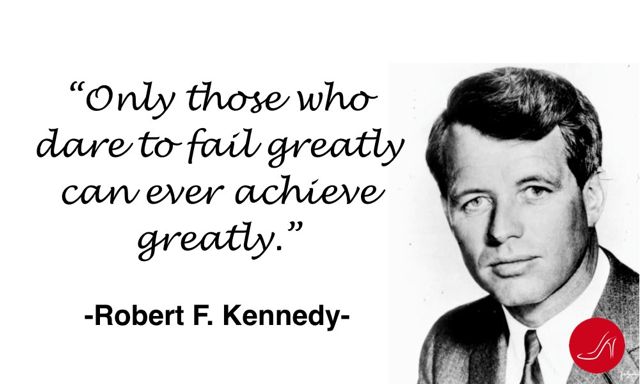
When speaking with the hiring manager or others, it is good practice to ask the interviewer how ‘this role’ (don’t say job, you don’t have the job yet) will interact and support their role. You will be showing partnership and collaboration.
When gathering your thoughts to write the thank you note. Make sure that you took good notes during the interviews on topics or conversations that you feel were important to the interviewer and relevant to the job. Go back home and do some research about those topics. If you find a brief yet relevant article on that particular subject, share the link and make the connection with its relevancy regarding the position in your thank you note. That will demonstrate thoughtfulness, partnership, and resourcefulness. It will show your interest in learning and demonstrate healthy levels of ambition; this combination is inspiring and welcomed.
If you need coaching to get you ready for the job interview, consider signing up for our RSM Step Up Program. We'll help you be you. Amplified!
Any final words?
You are the expert on YOU and know the value that you add to teams and organizations. They are looking to learn more about you, from you. So don’t be nervous, be confident.
Remember that while the interviewers are making their assessments, you too have the opportunity to assess if the organization is a good fit for you. Take every job interviewing opportunity seriously; the interviewing process is a job that you must excel at. If you are not selected, having had a good experience will further prepare you for the dream job that is awaiting you. So be positive and welcome each opportunity. This perspective should strengthen your confidence so you can be at your best.
You are the one who makes your future happen. Go for it! Best of luck!
You can connect with Lily Benjamin on LinkedIn
































































